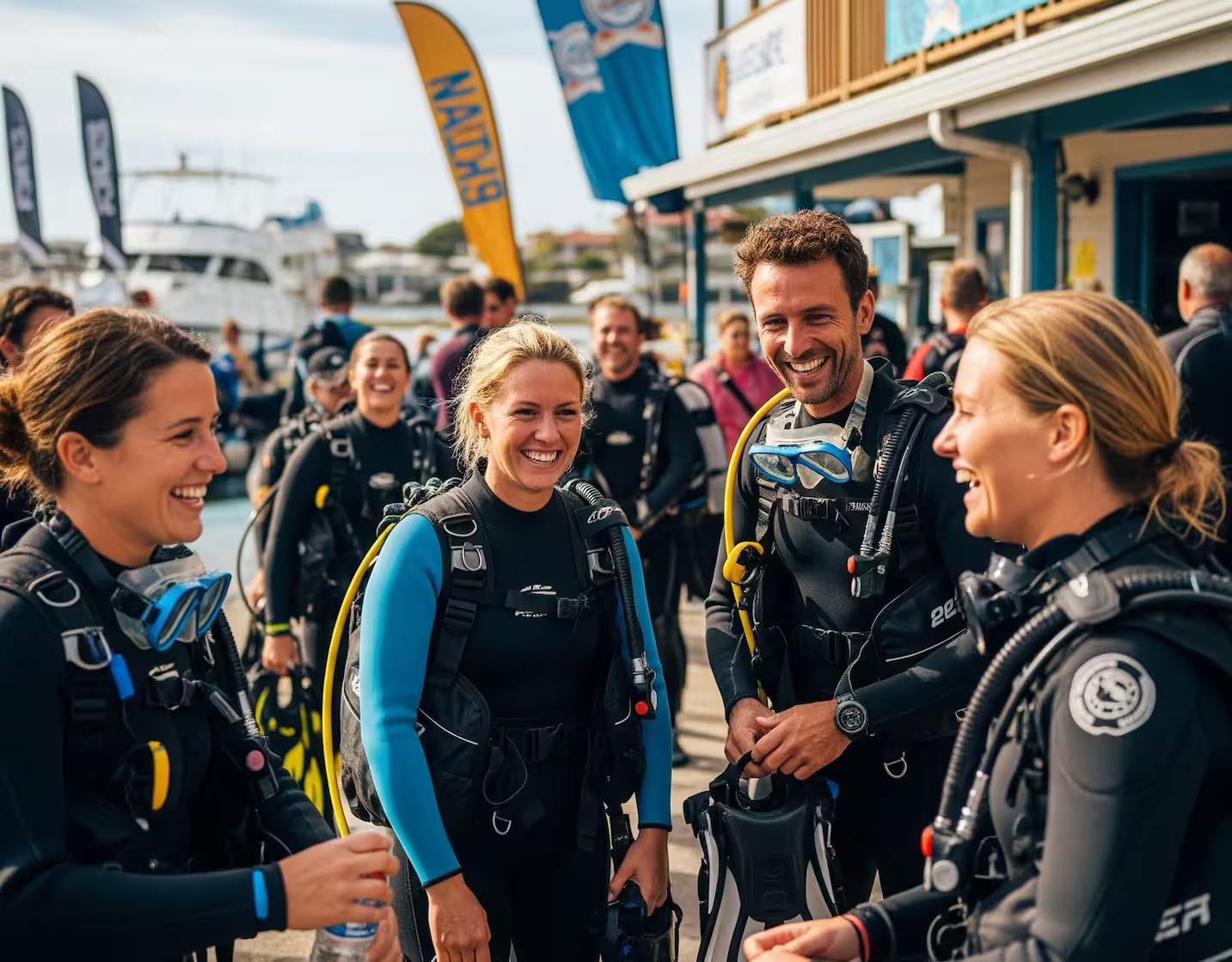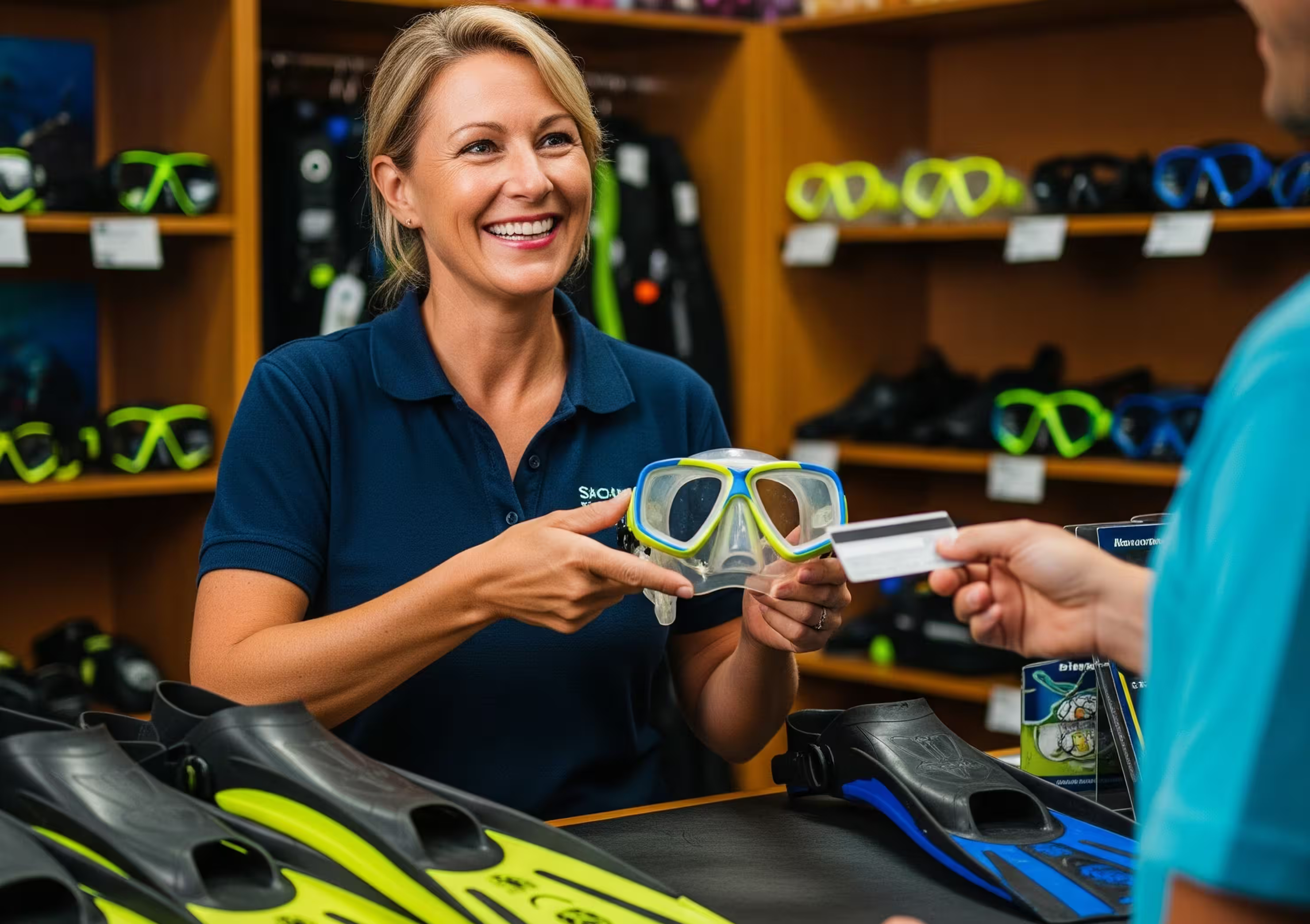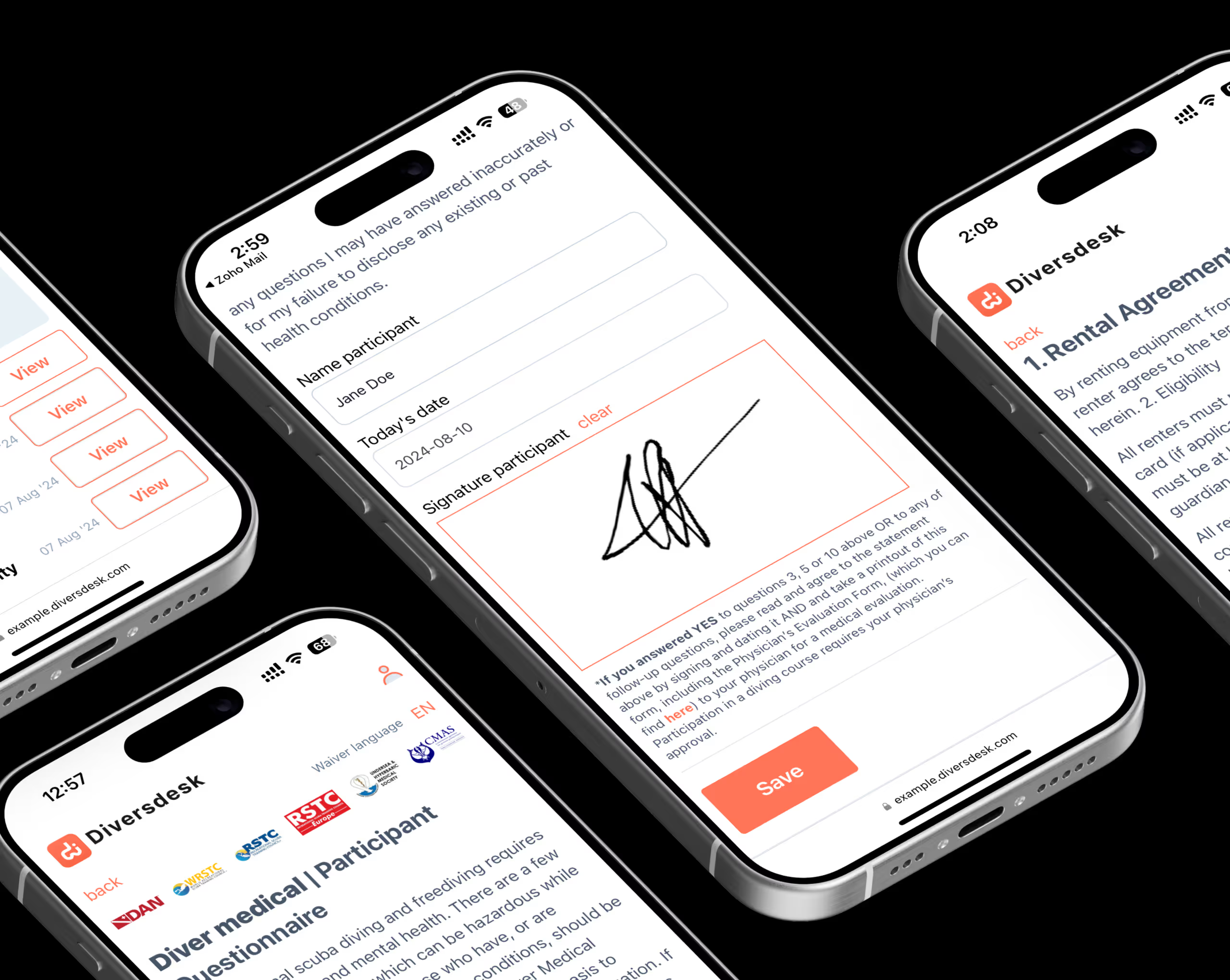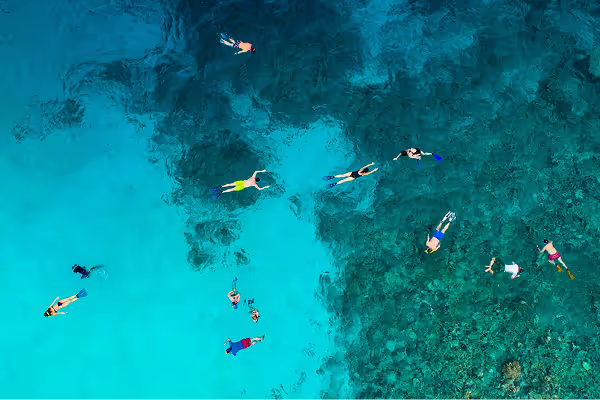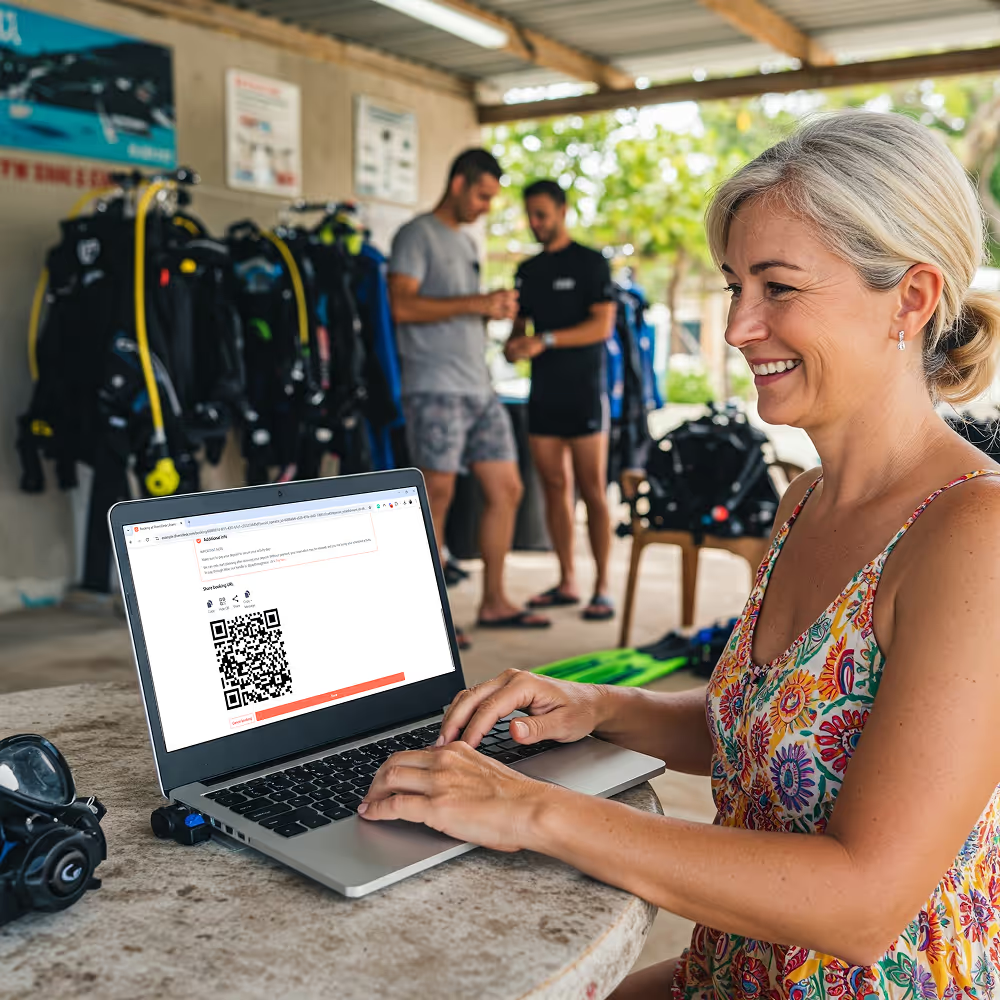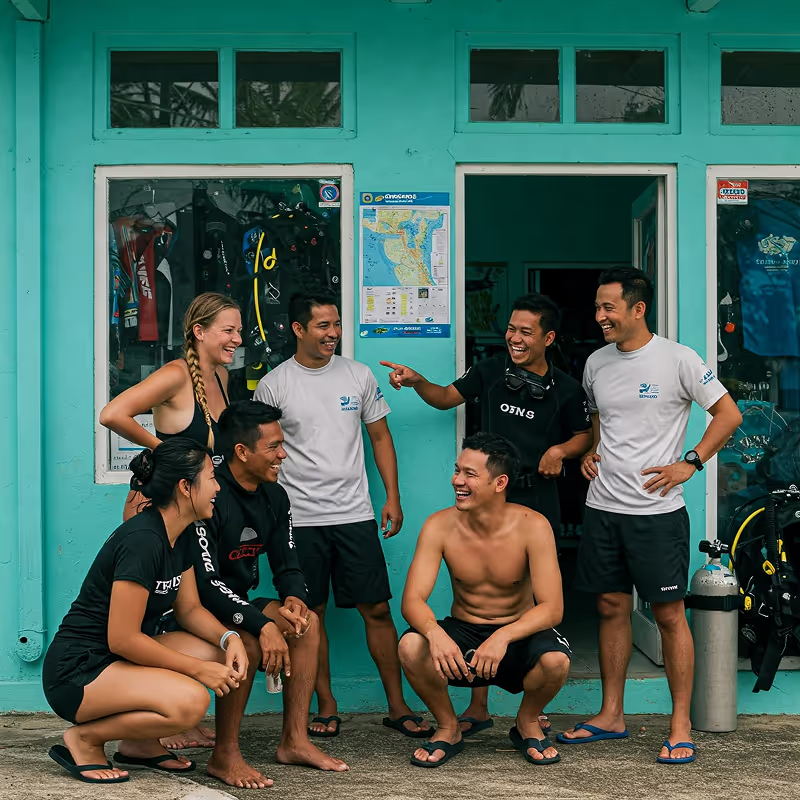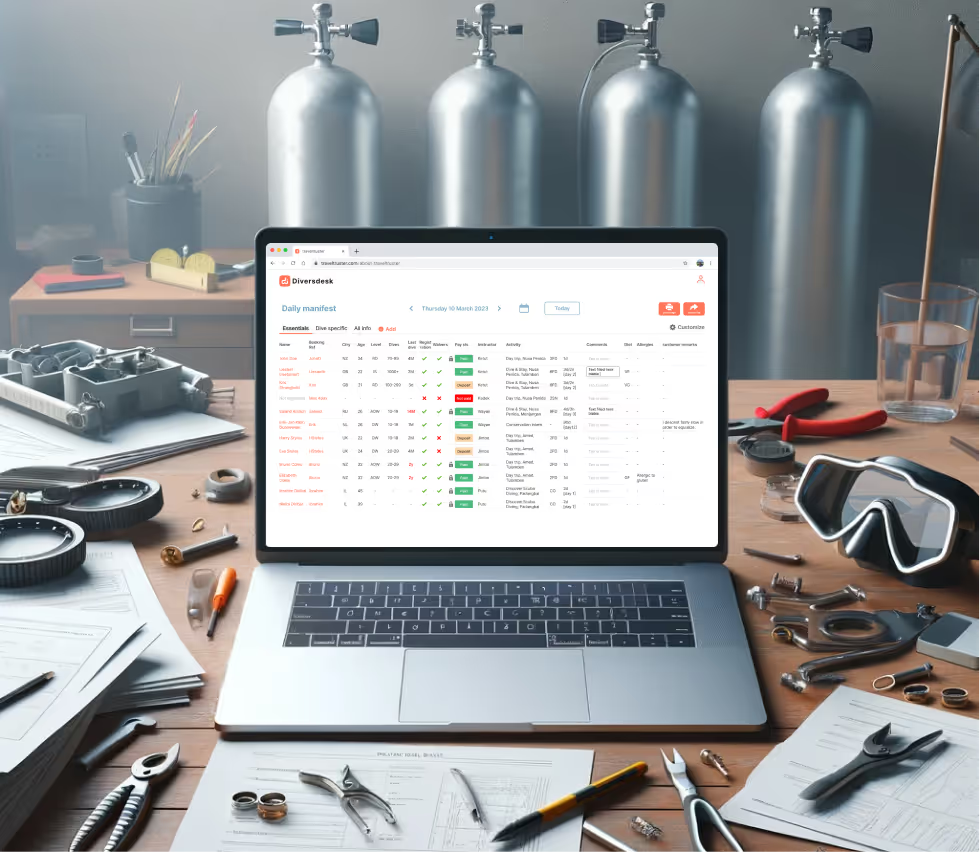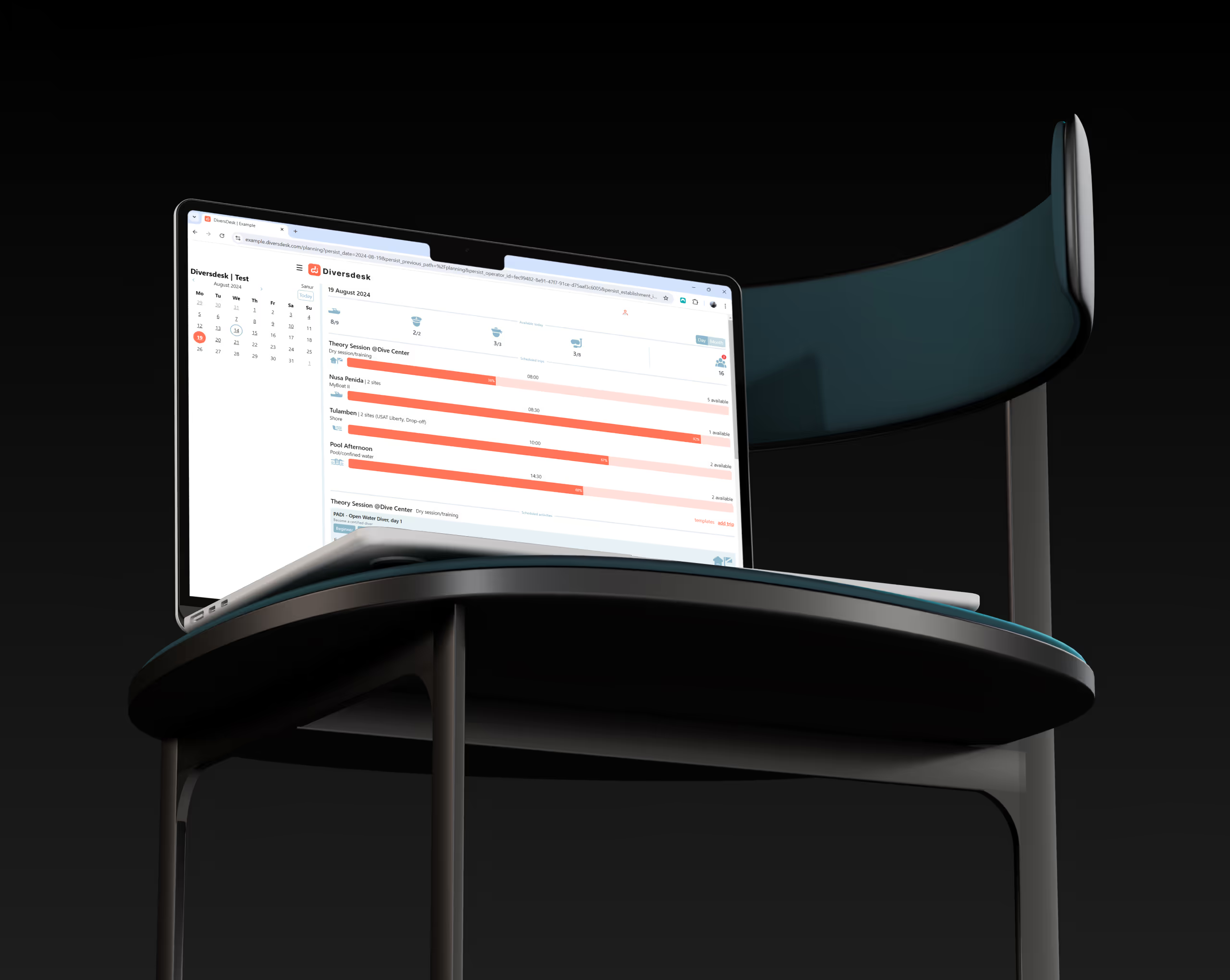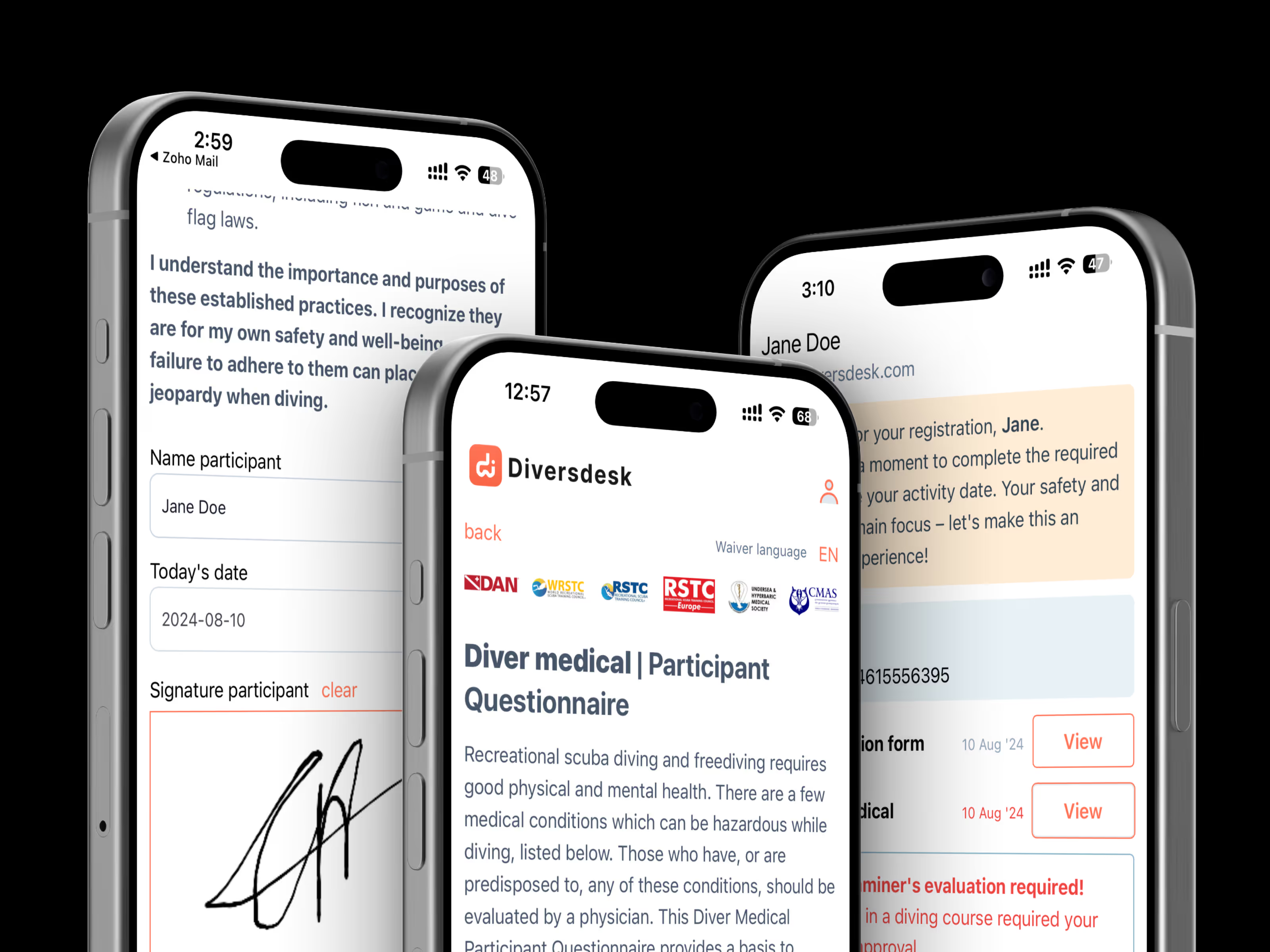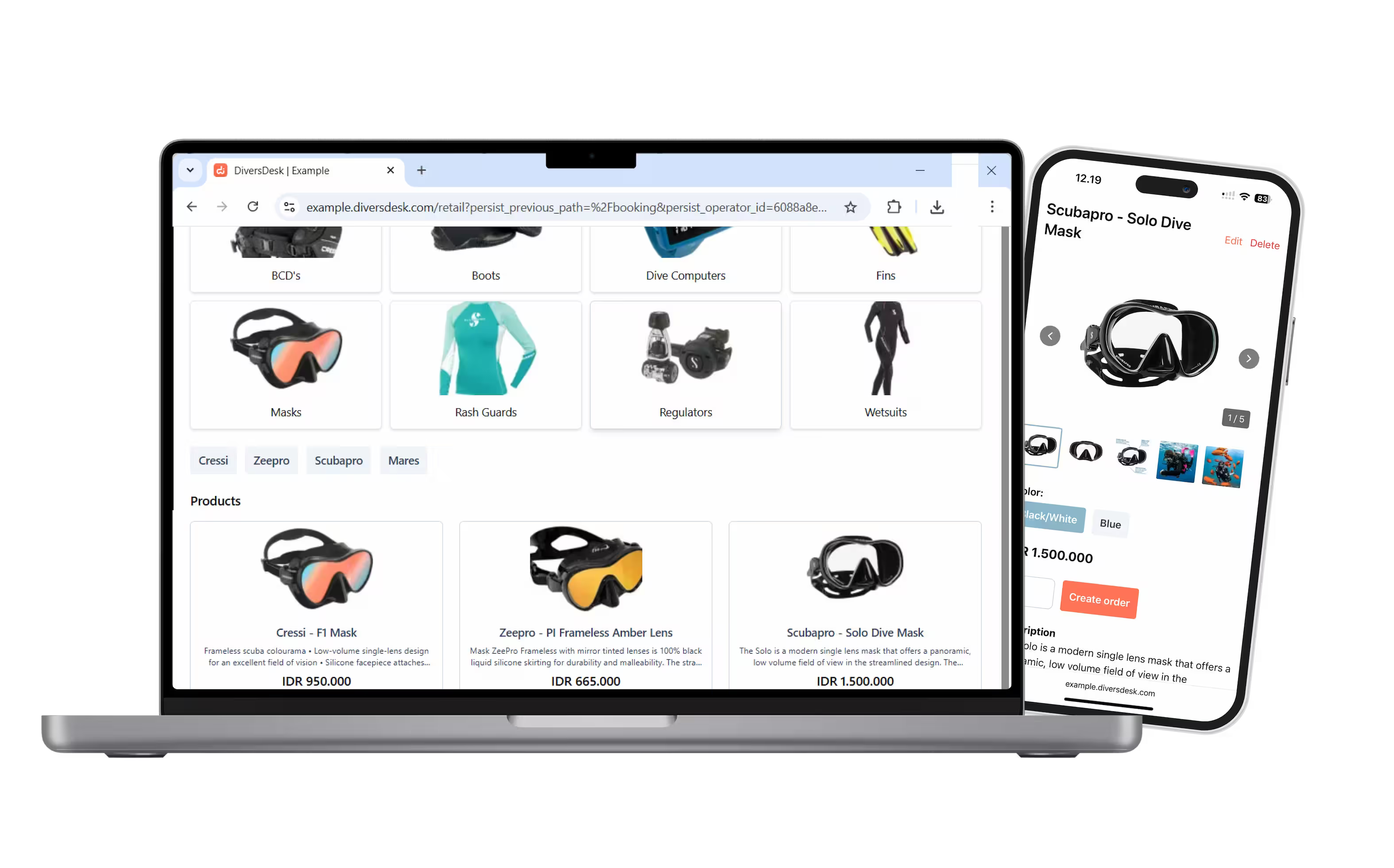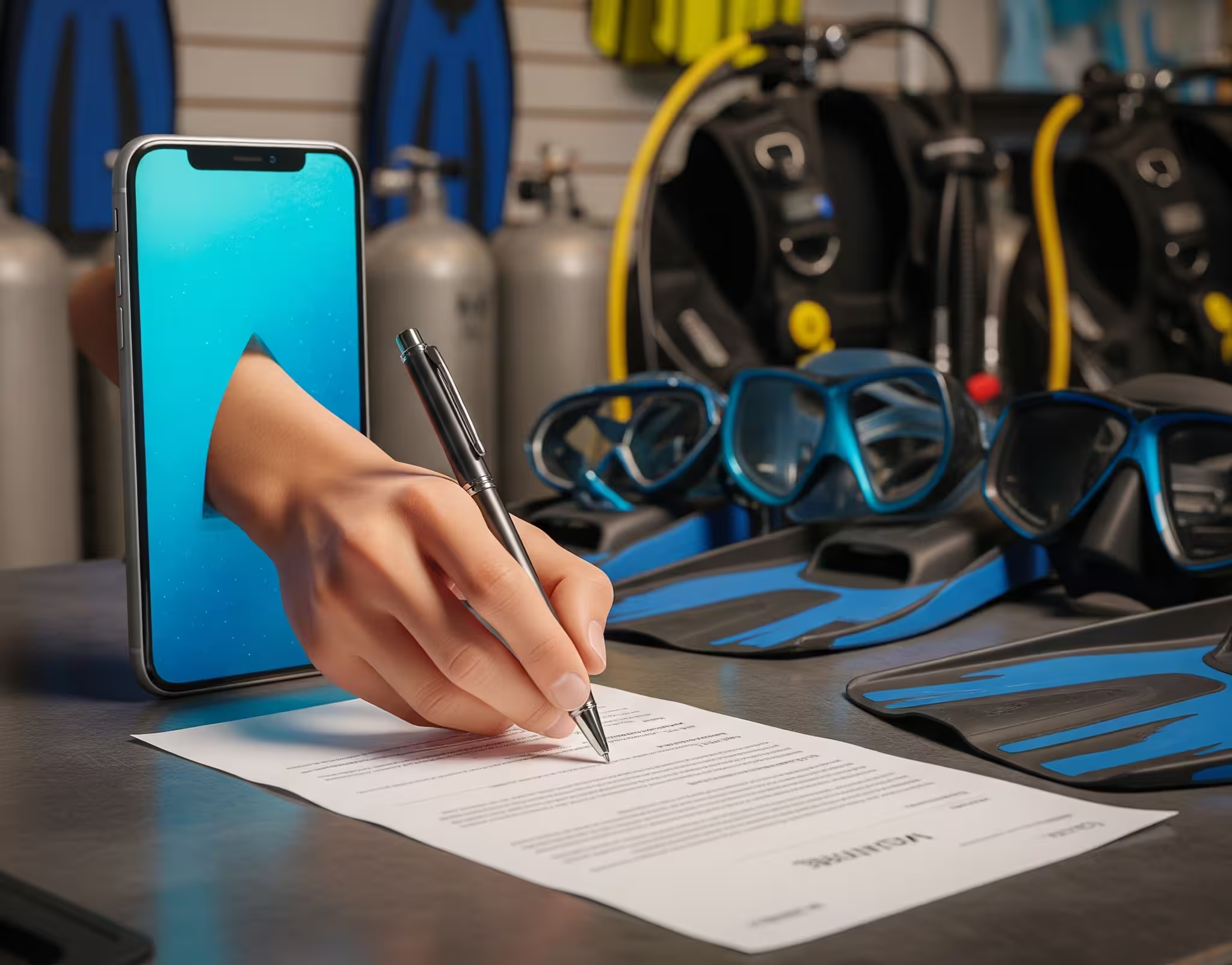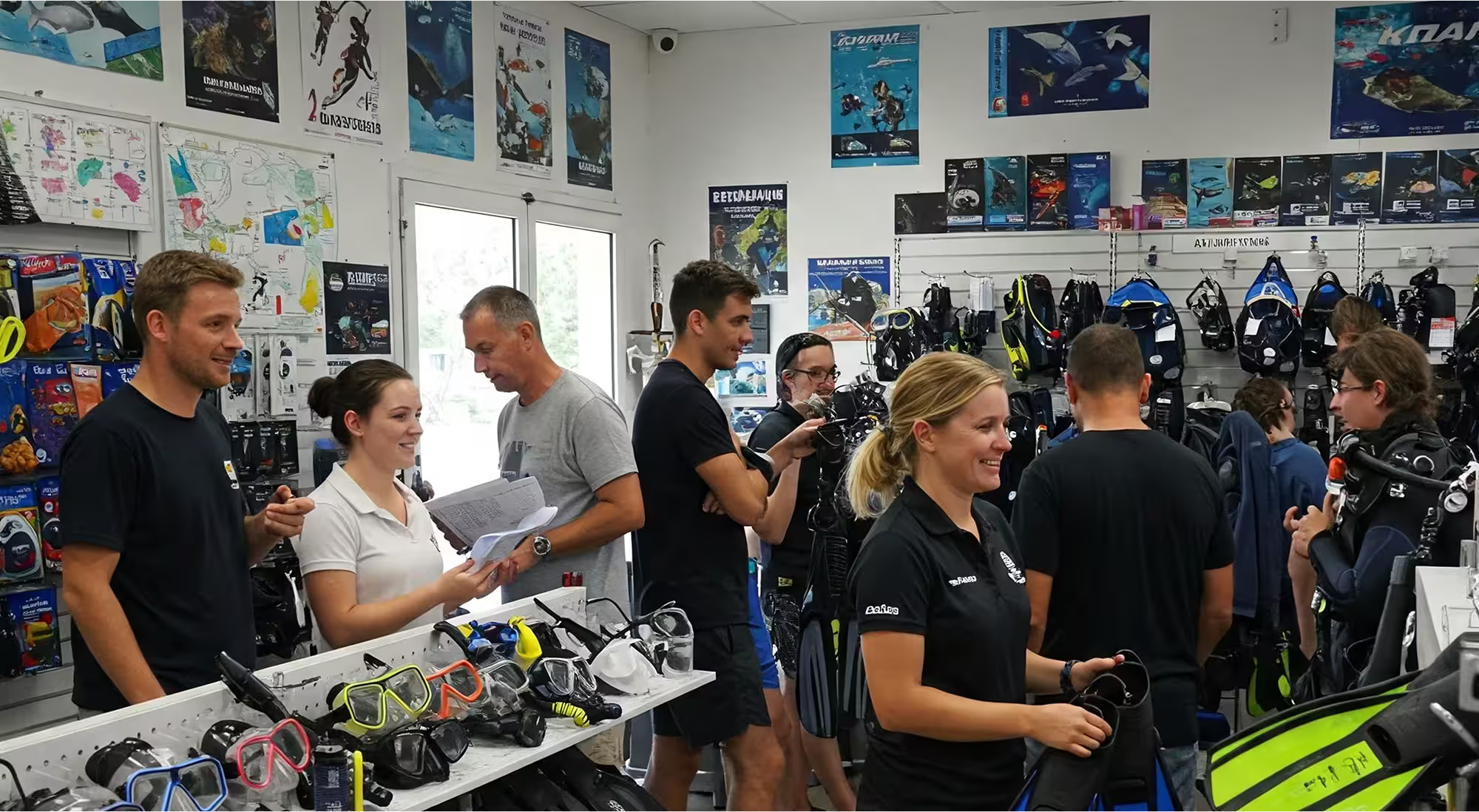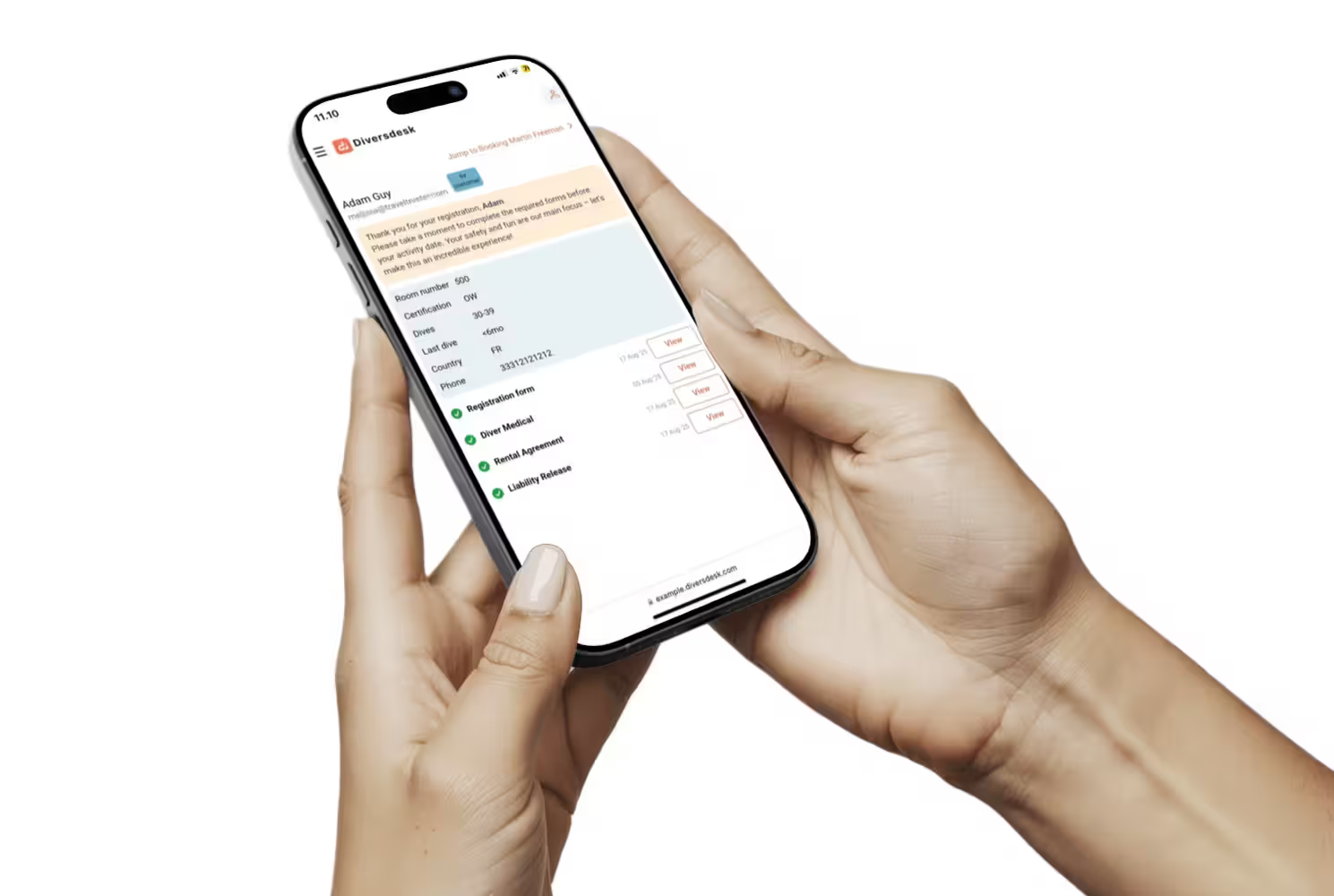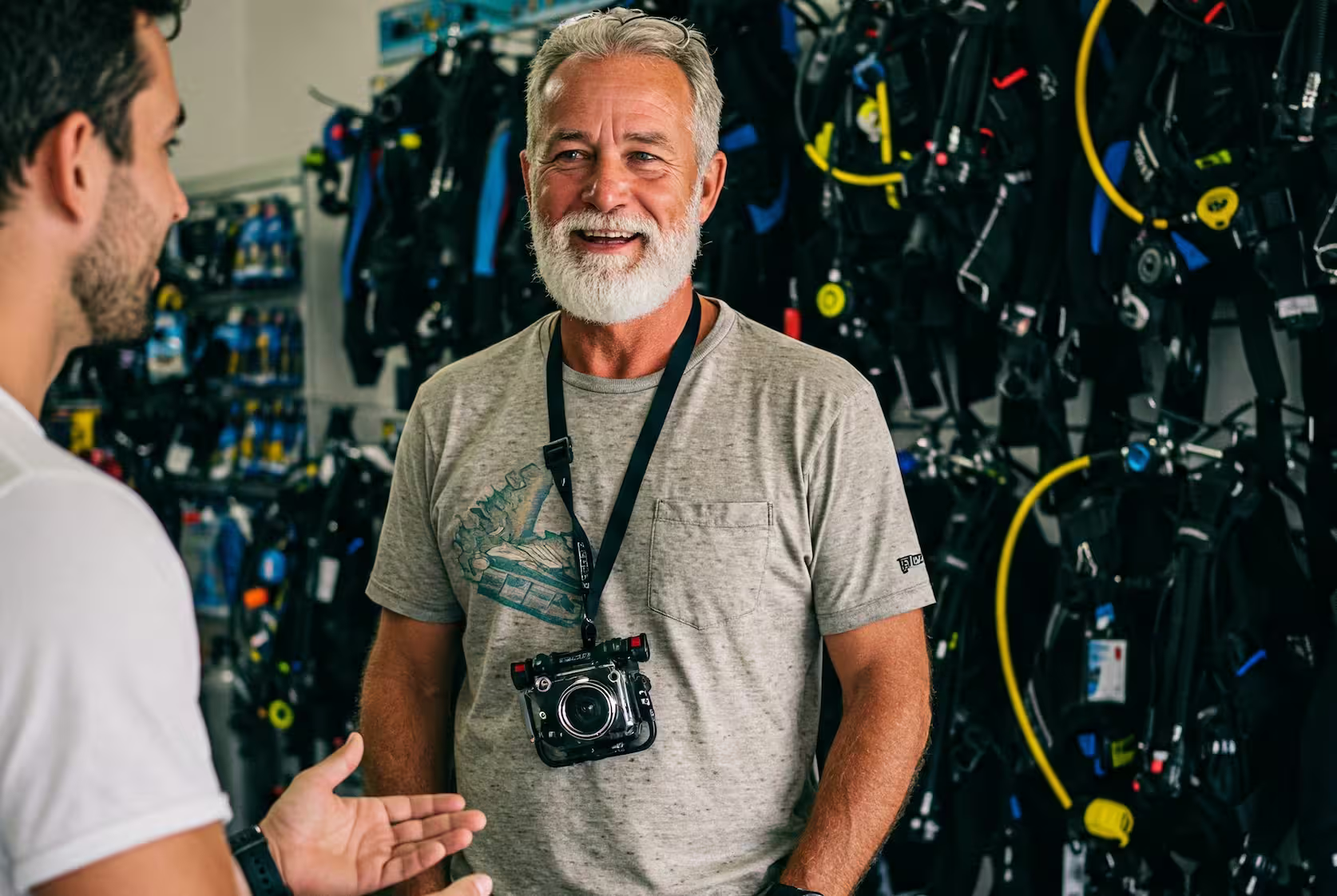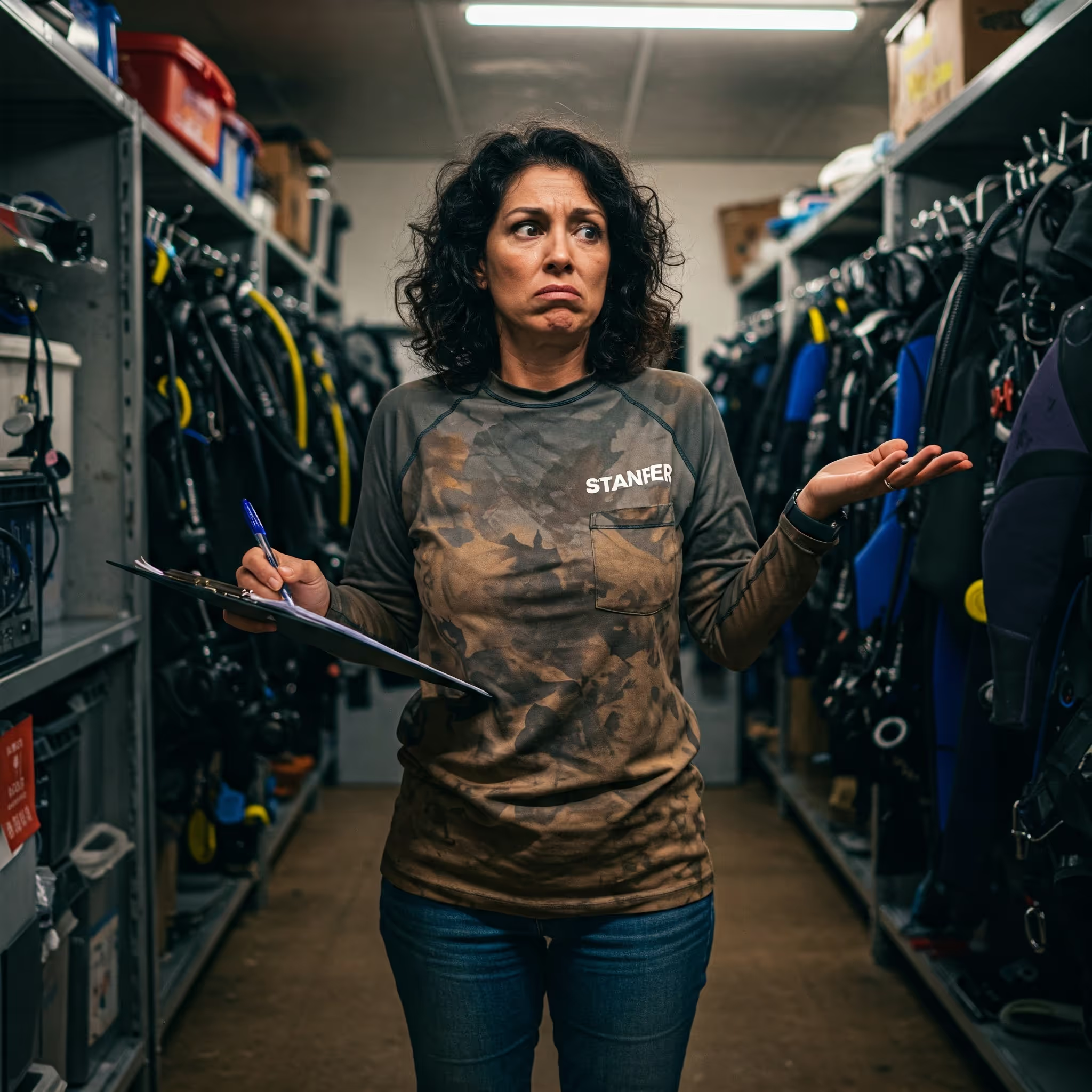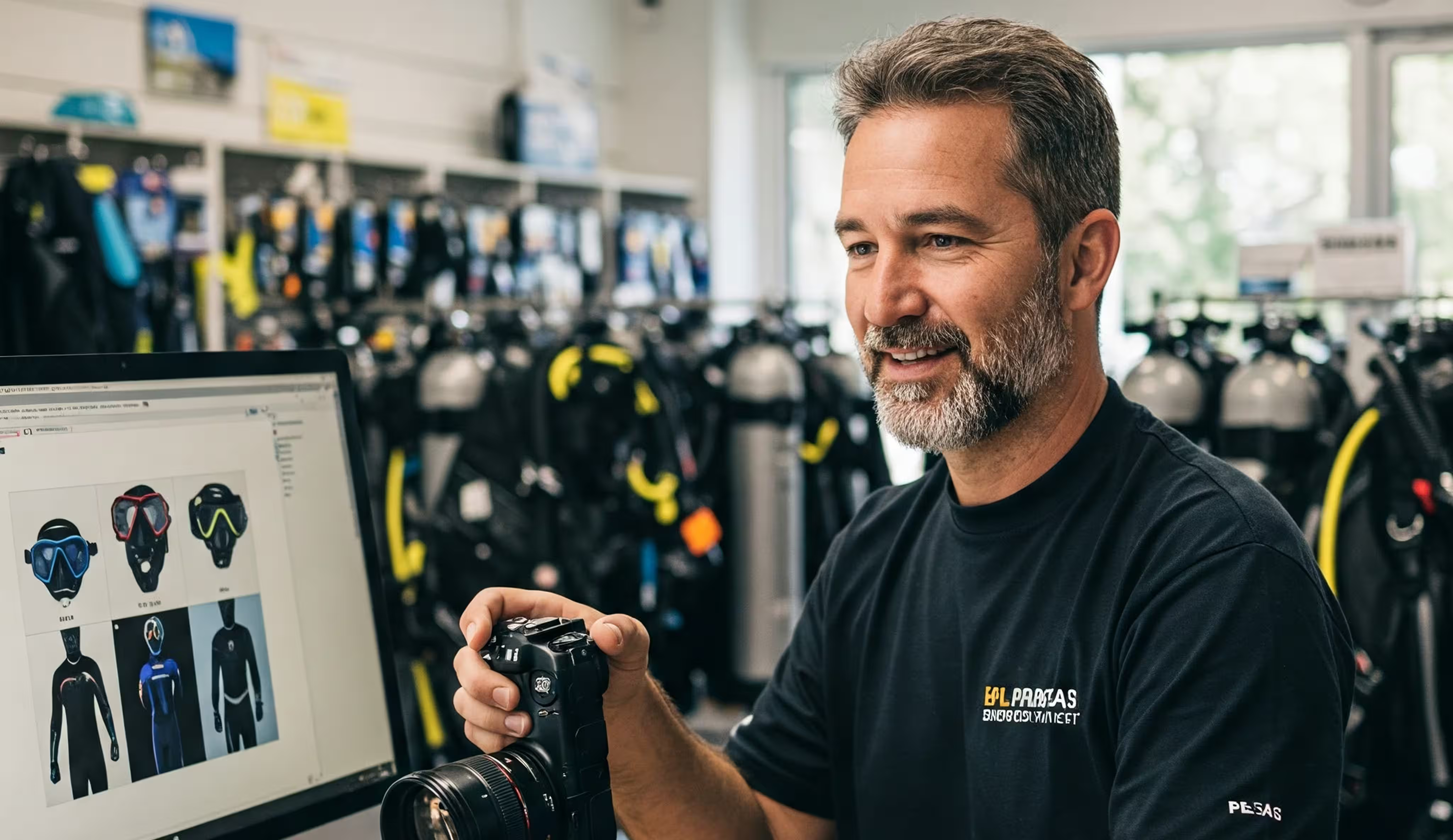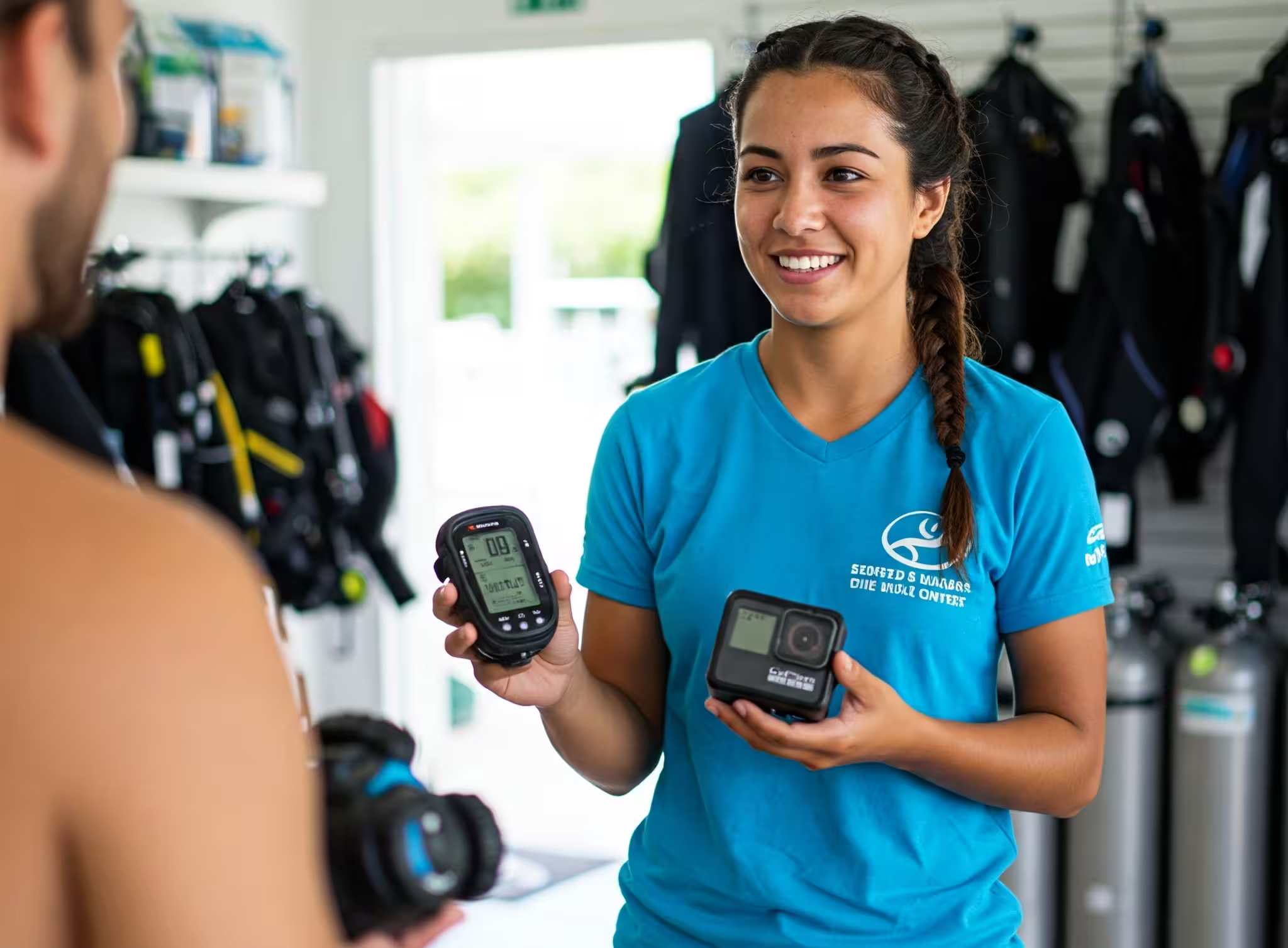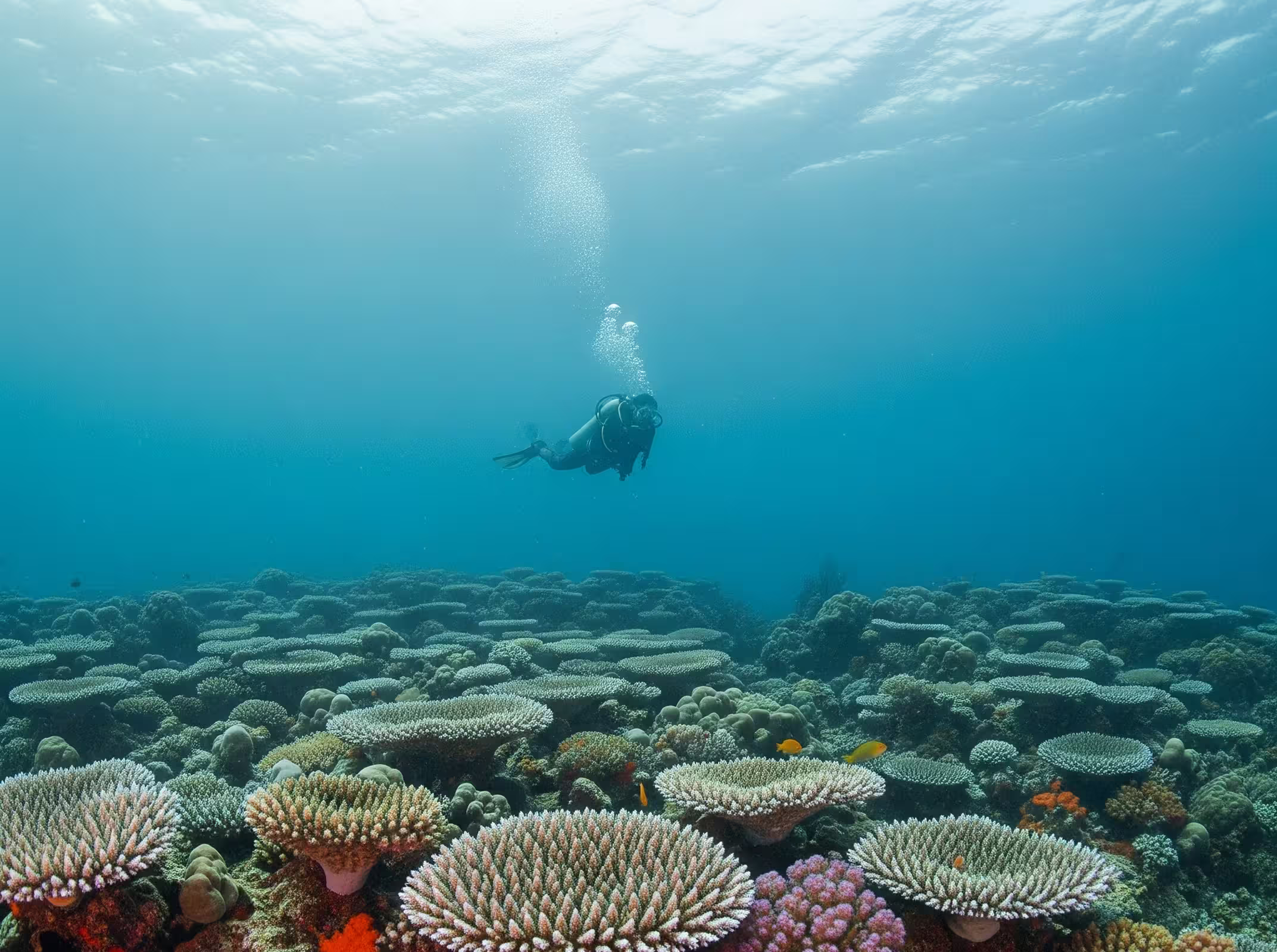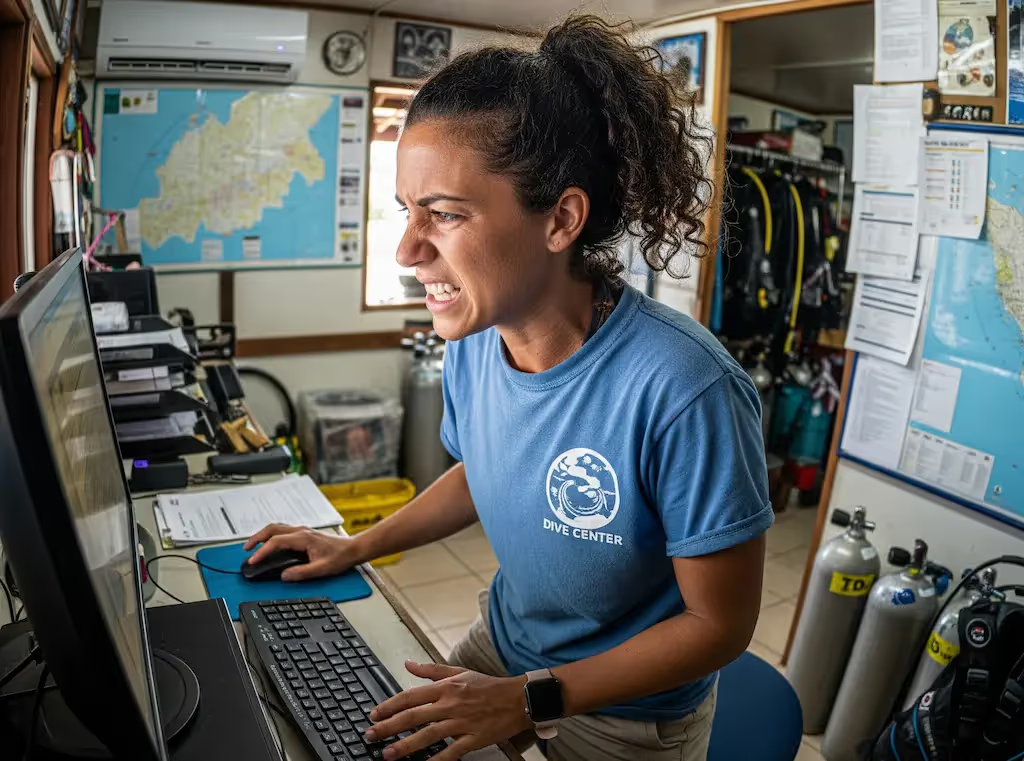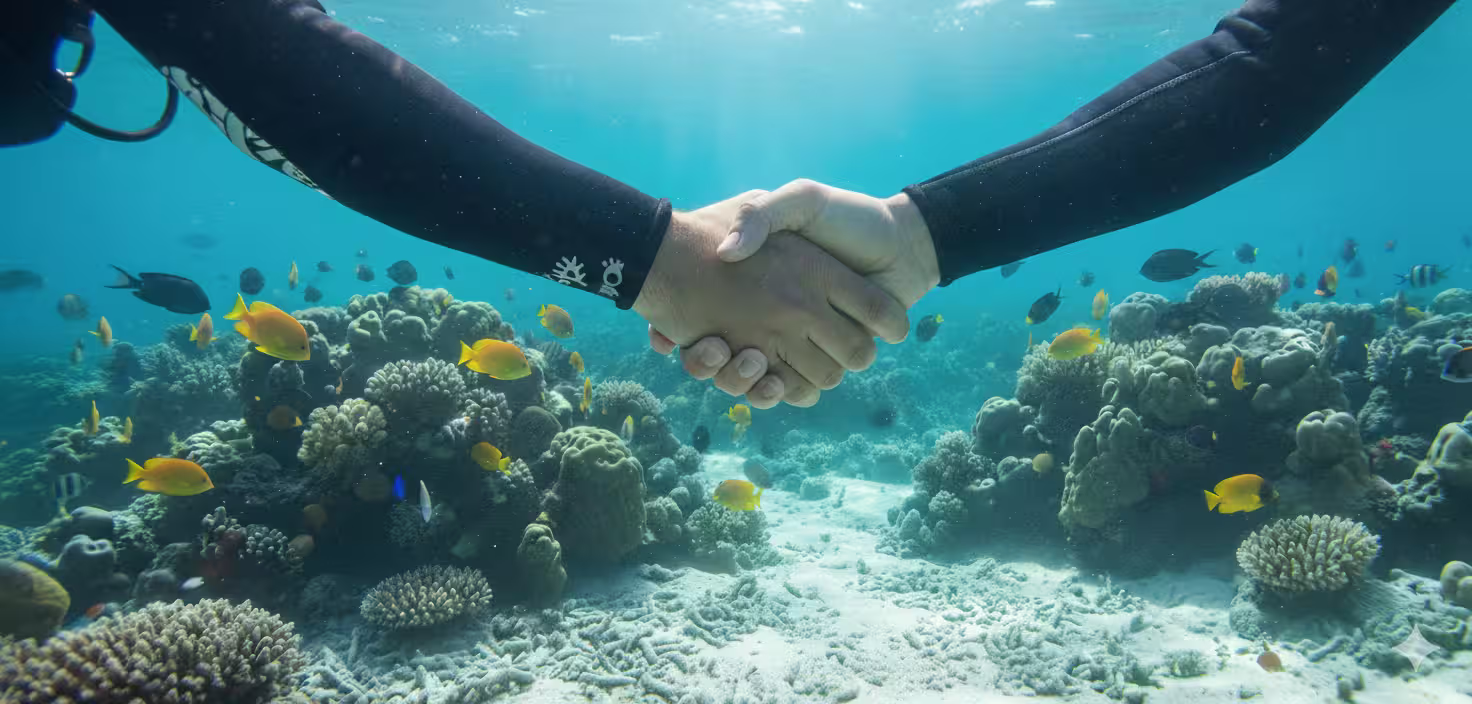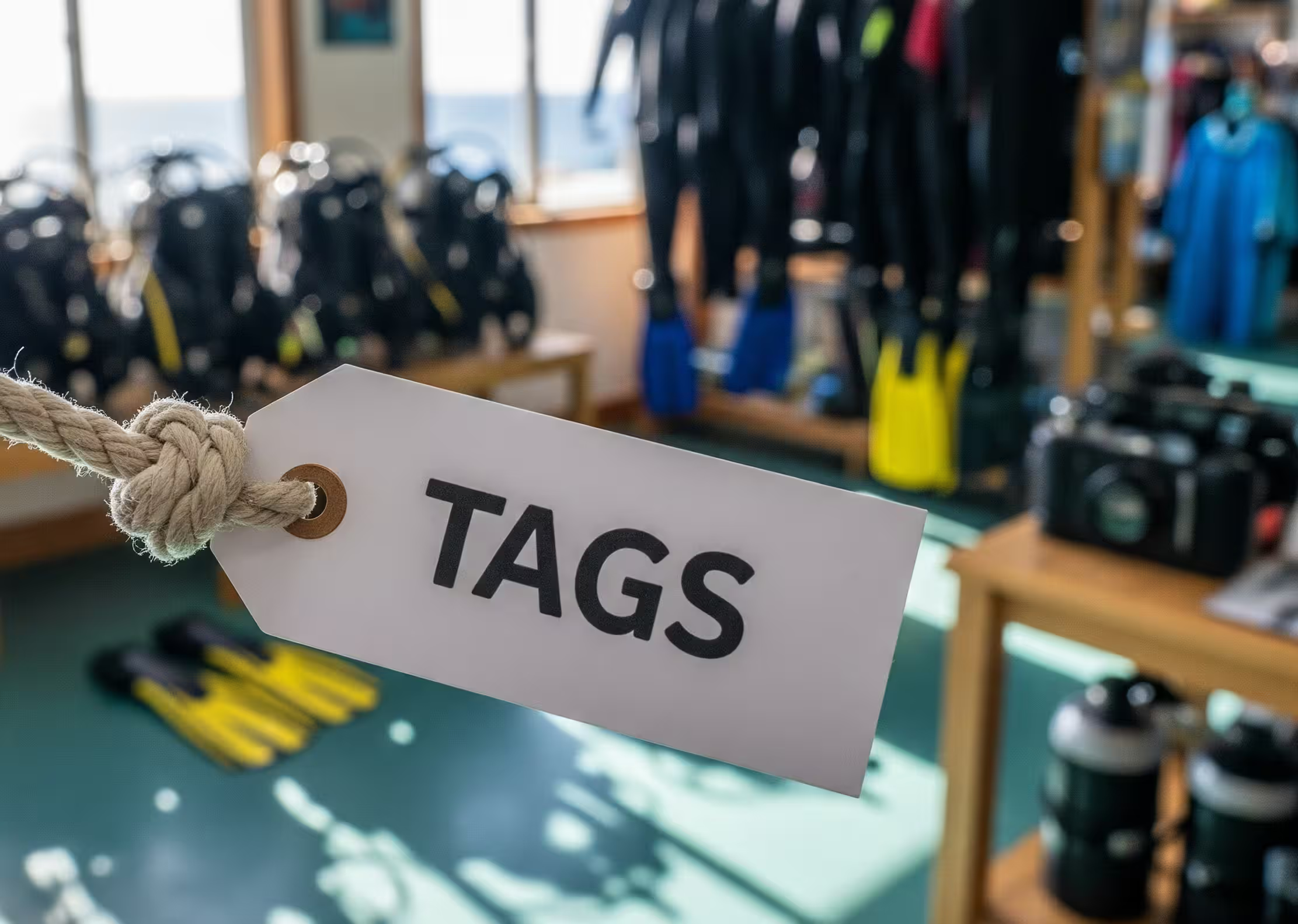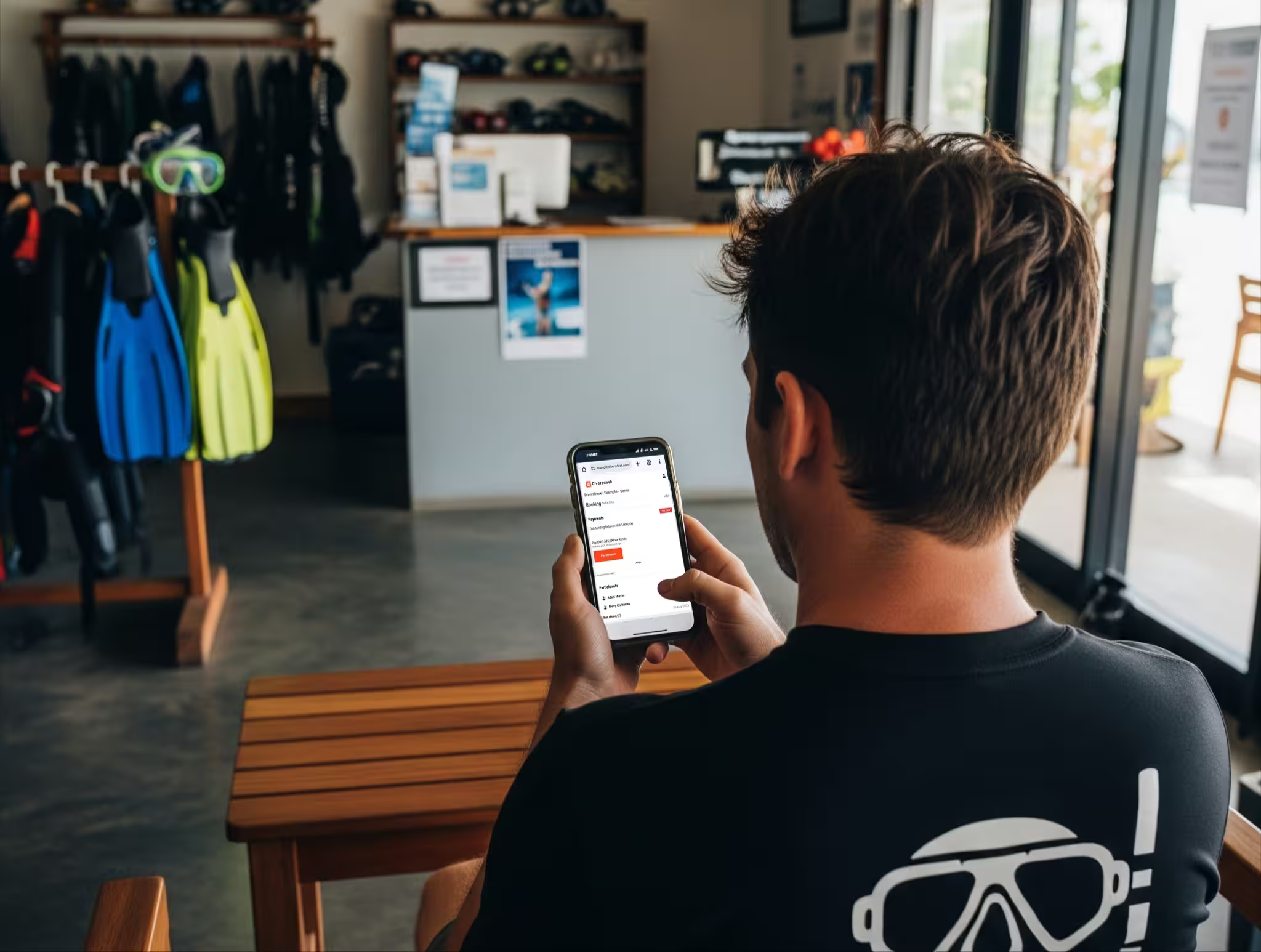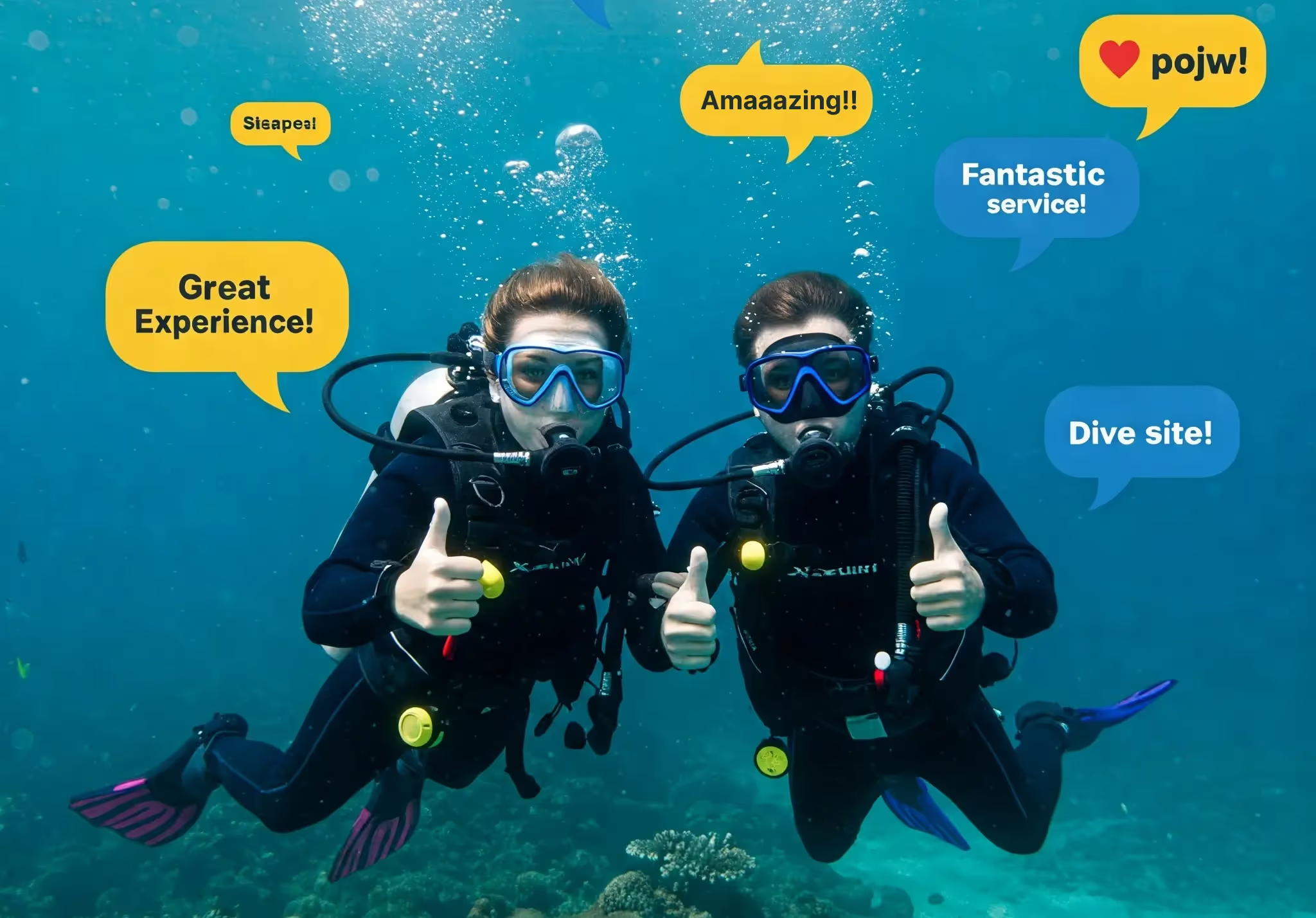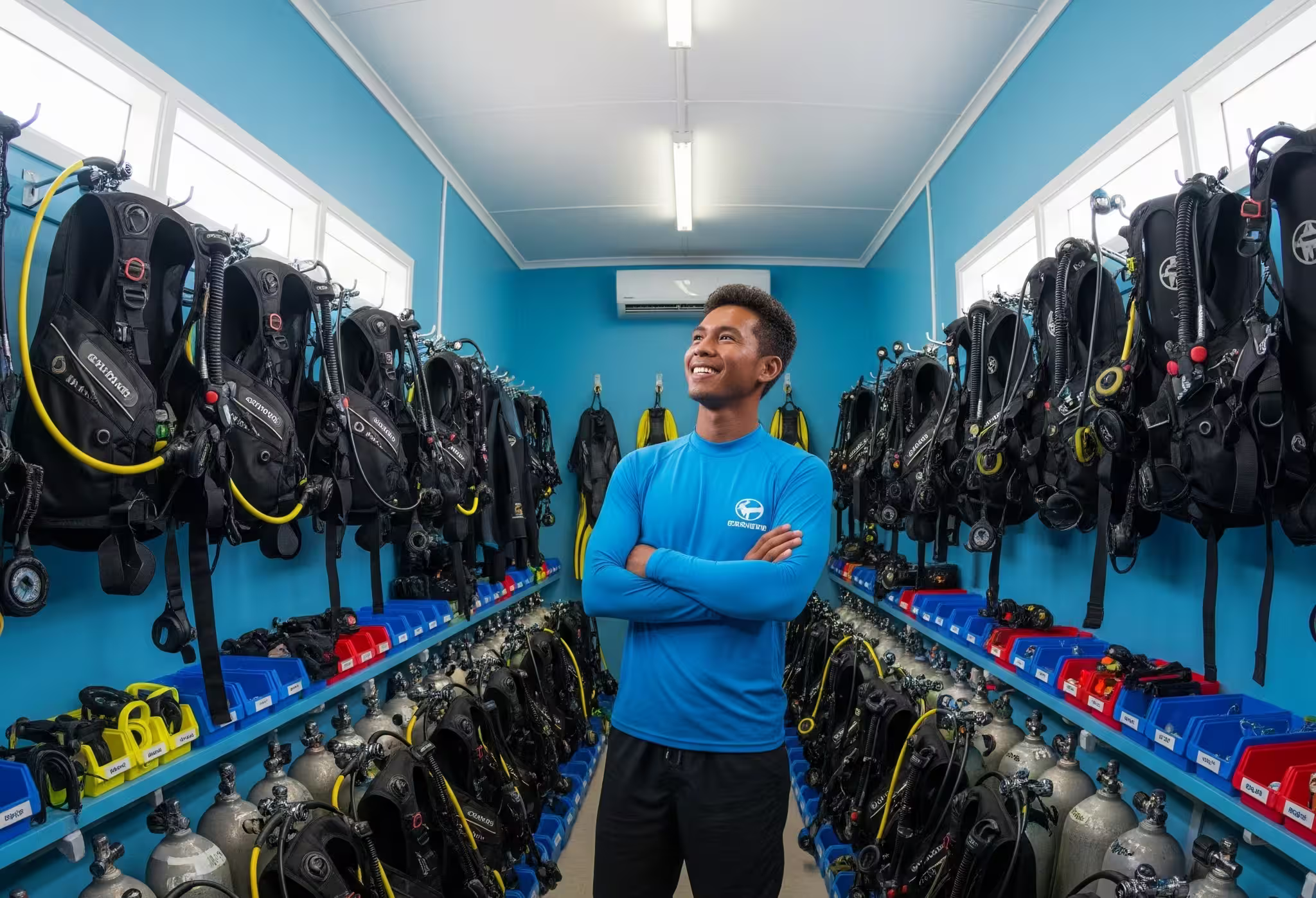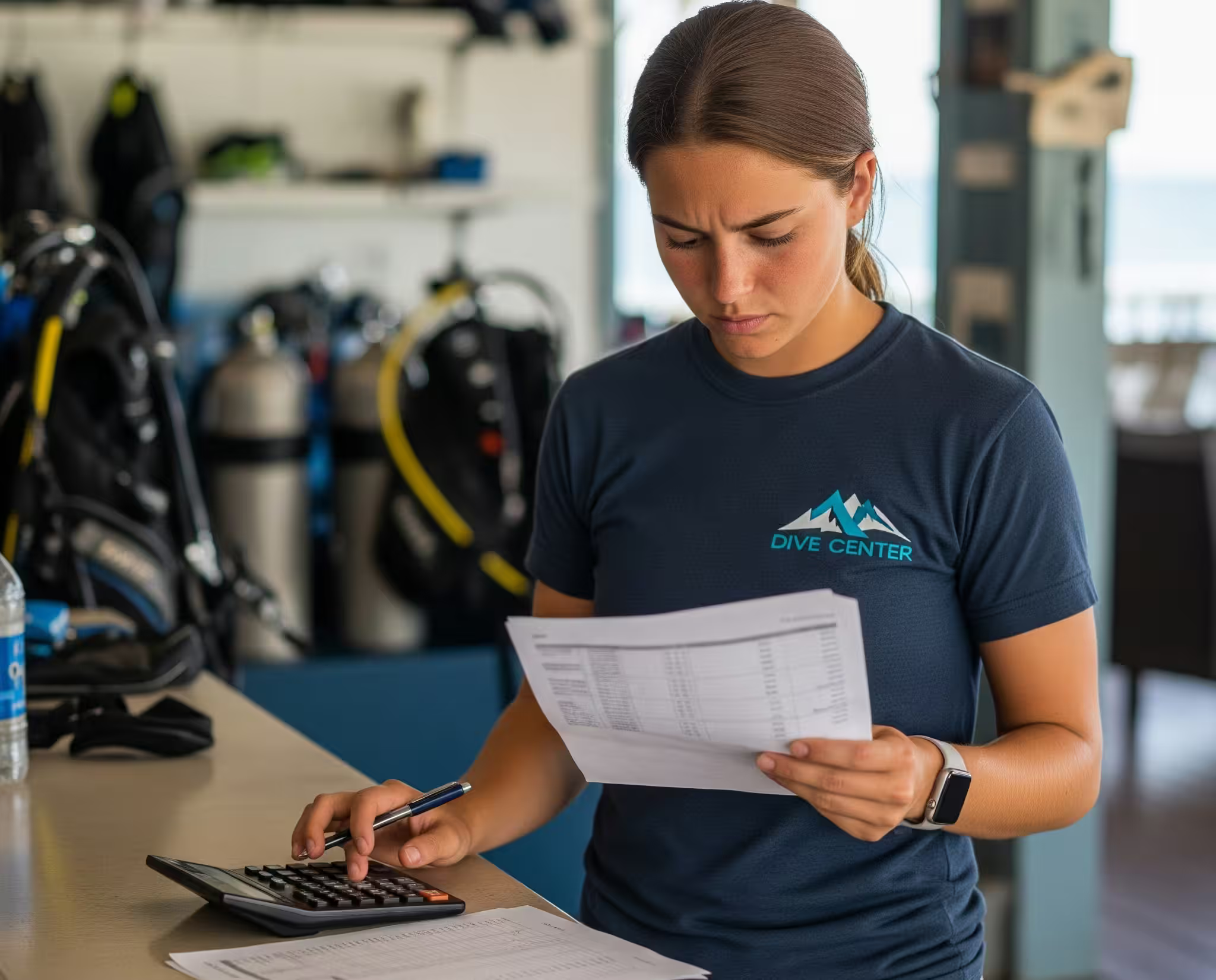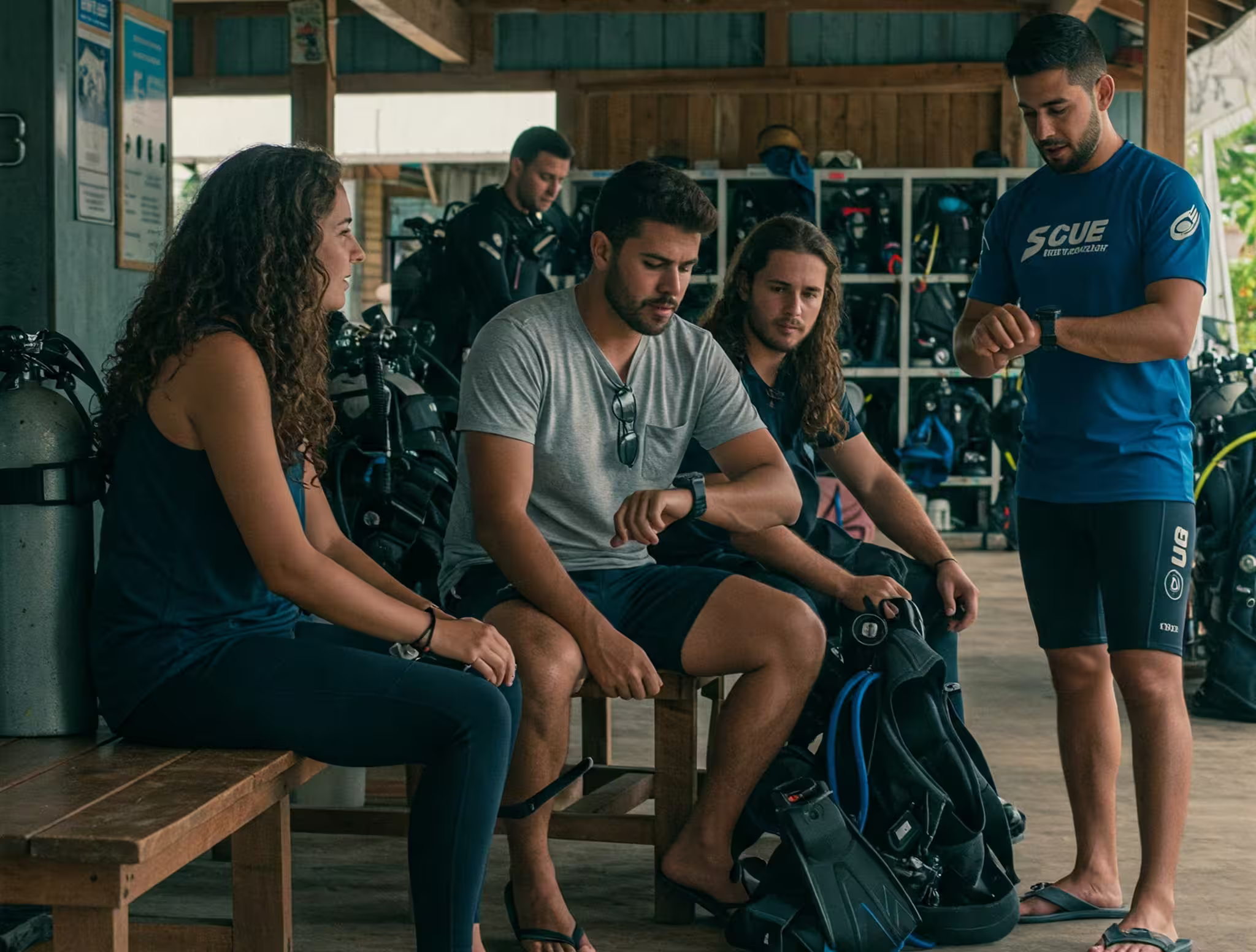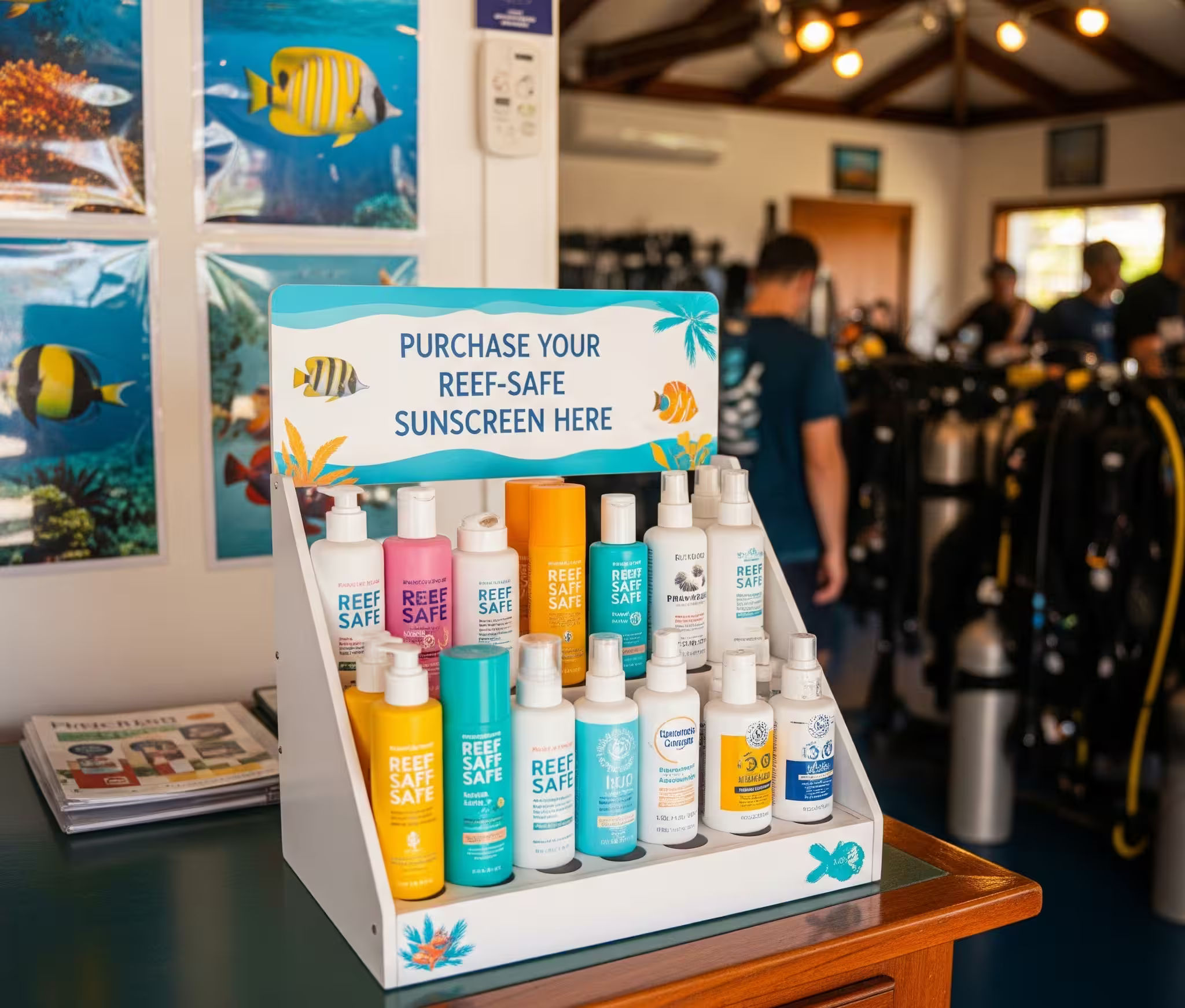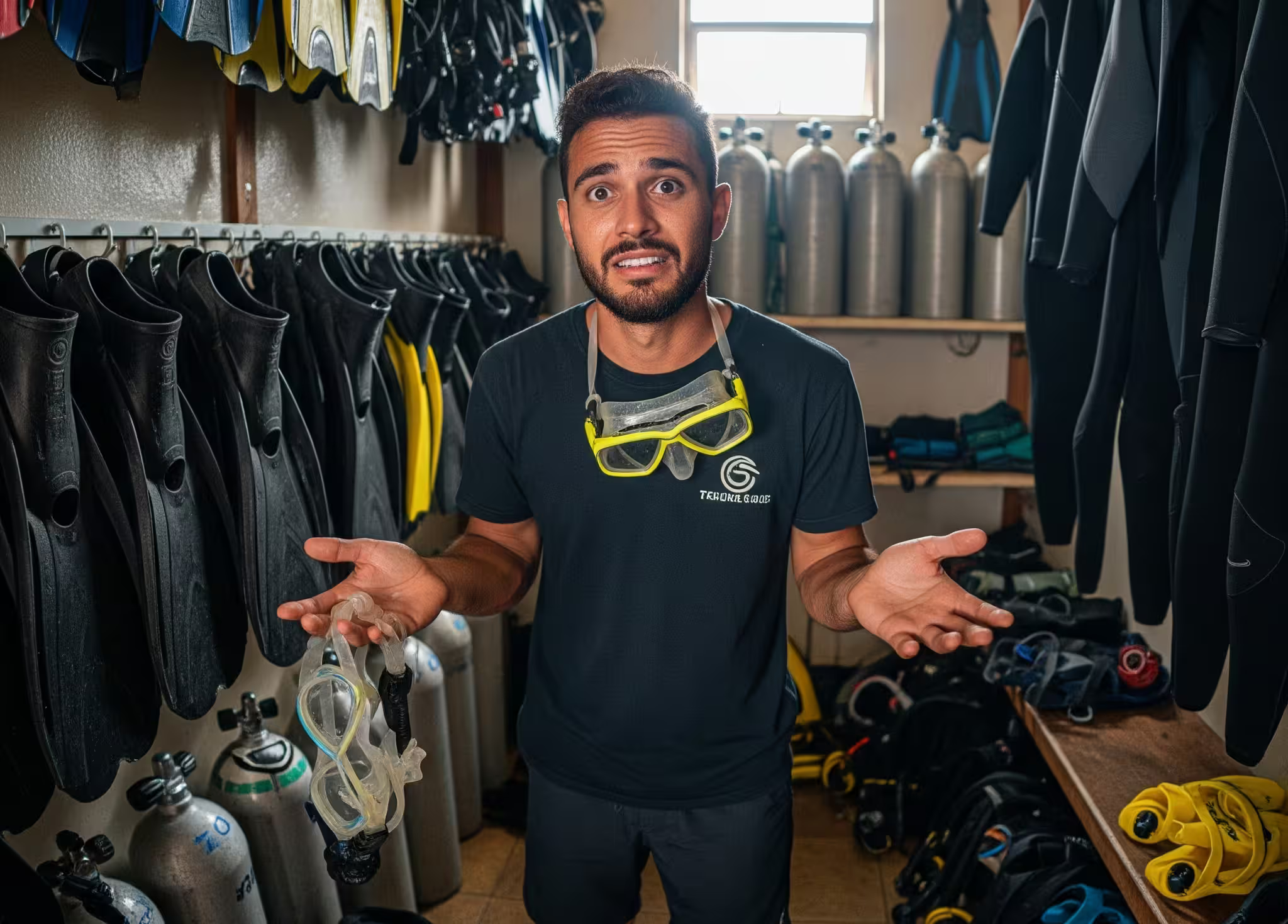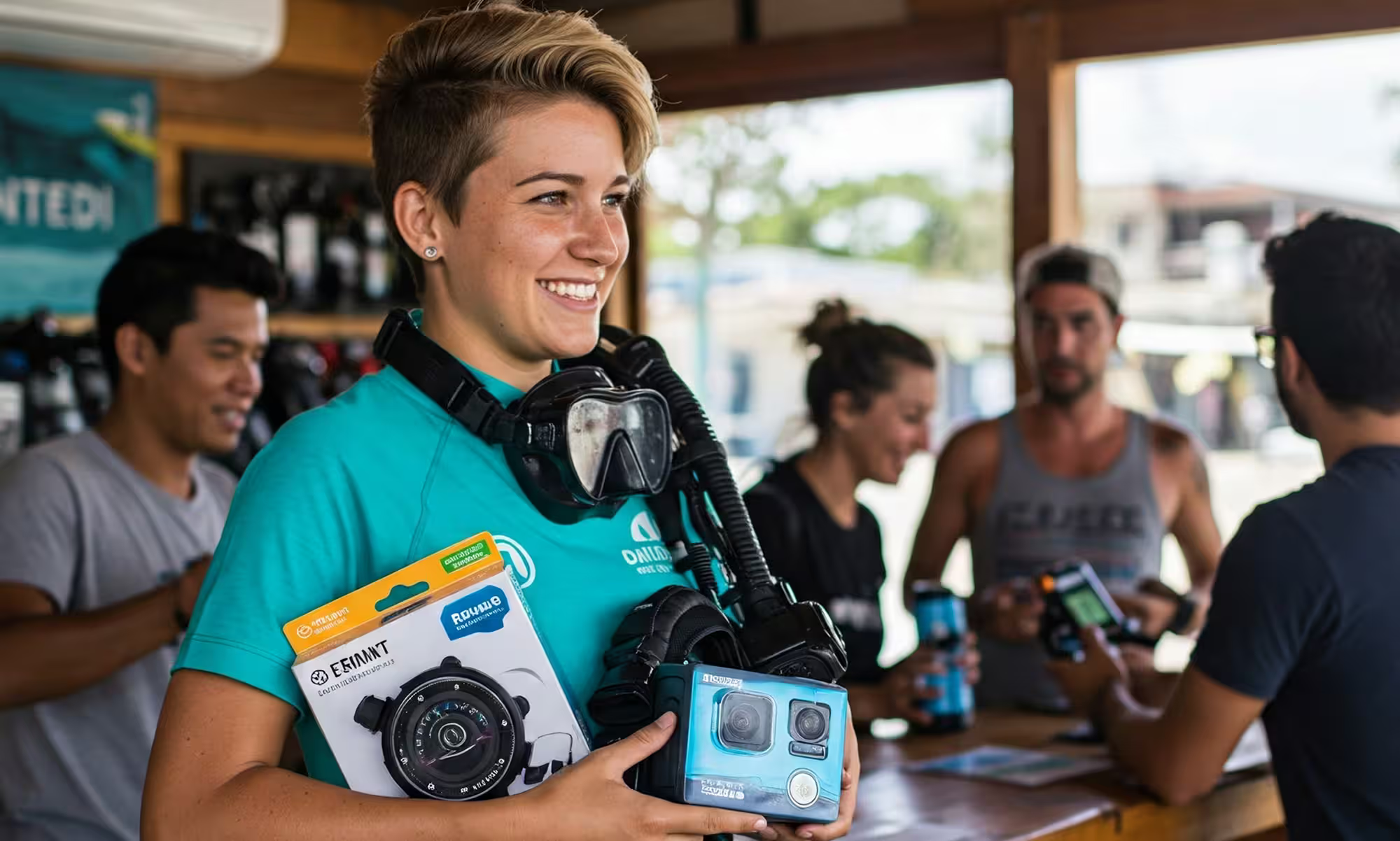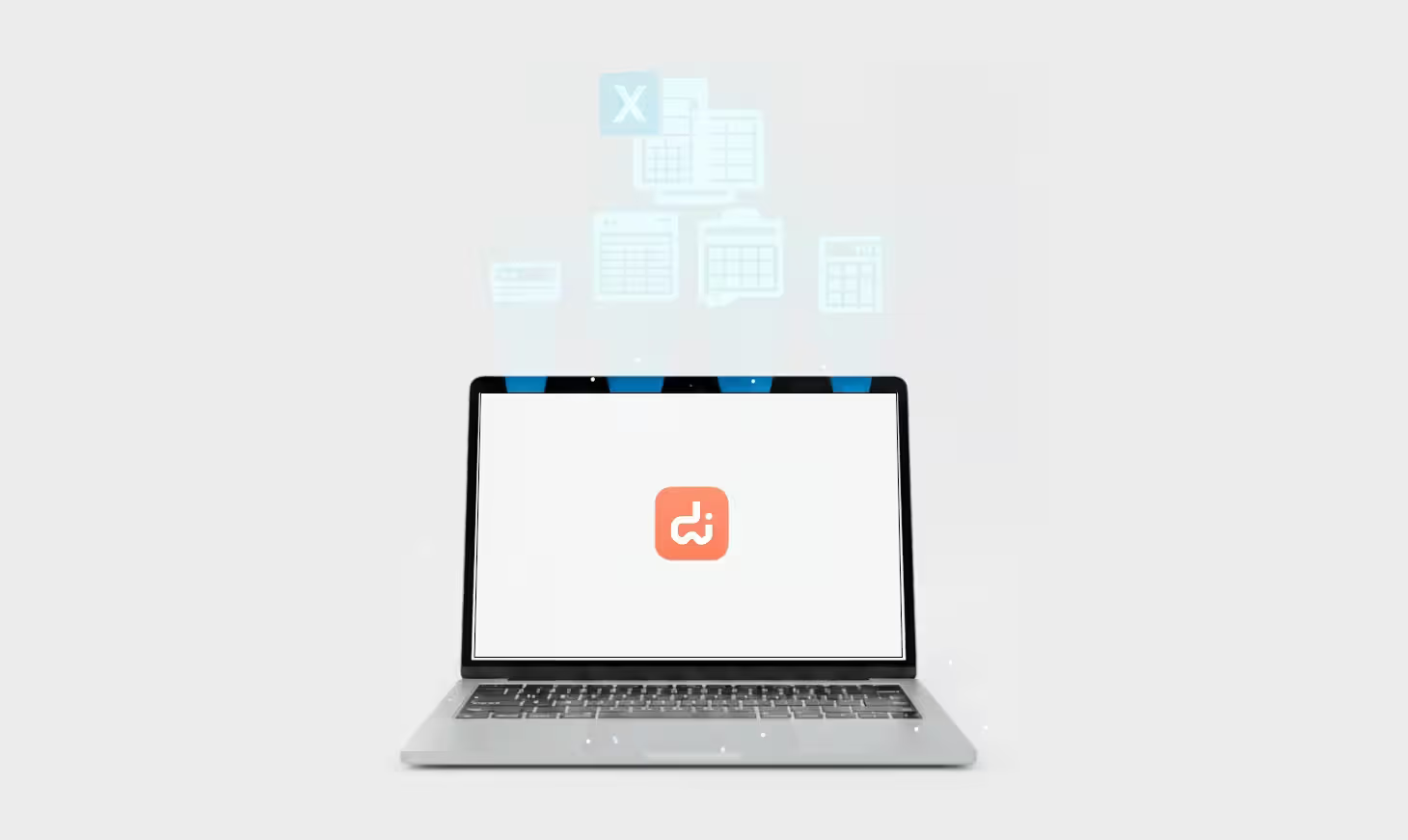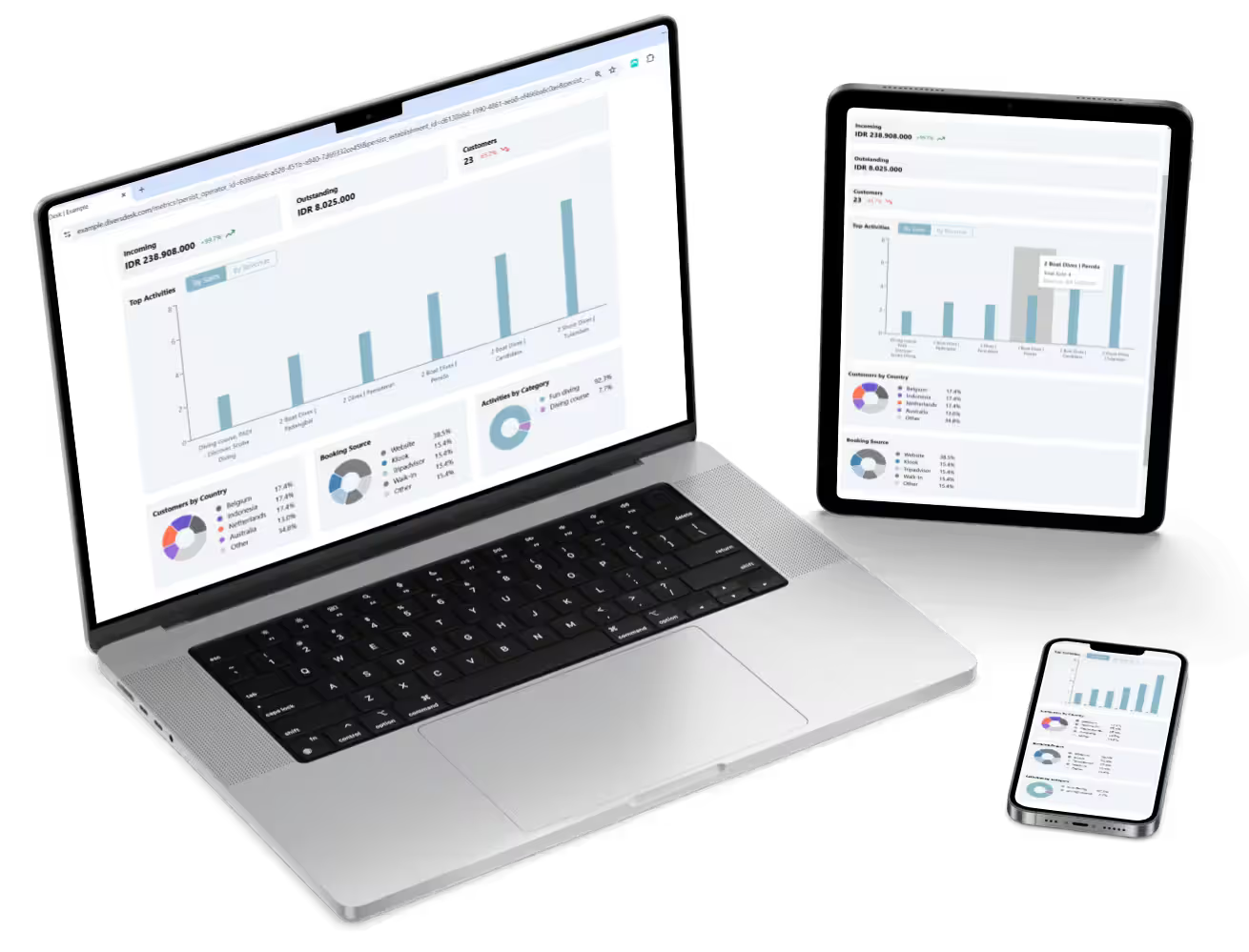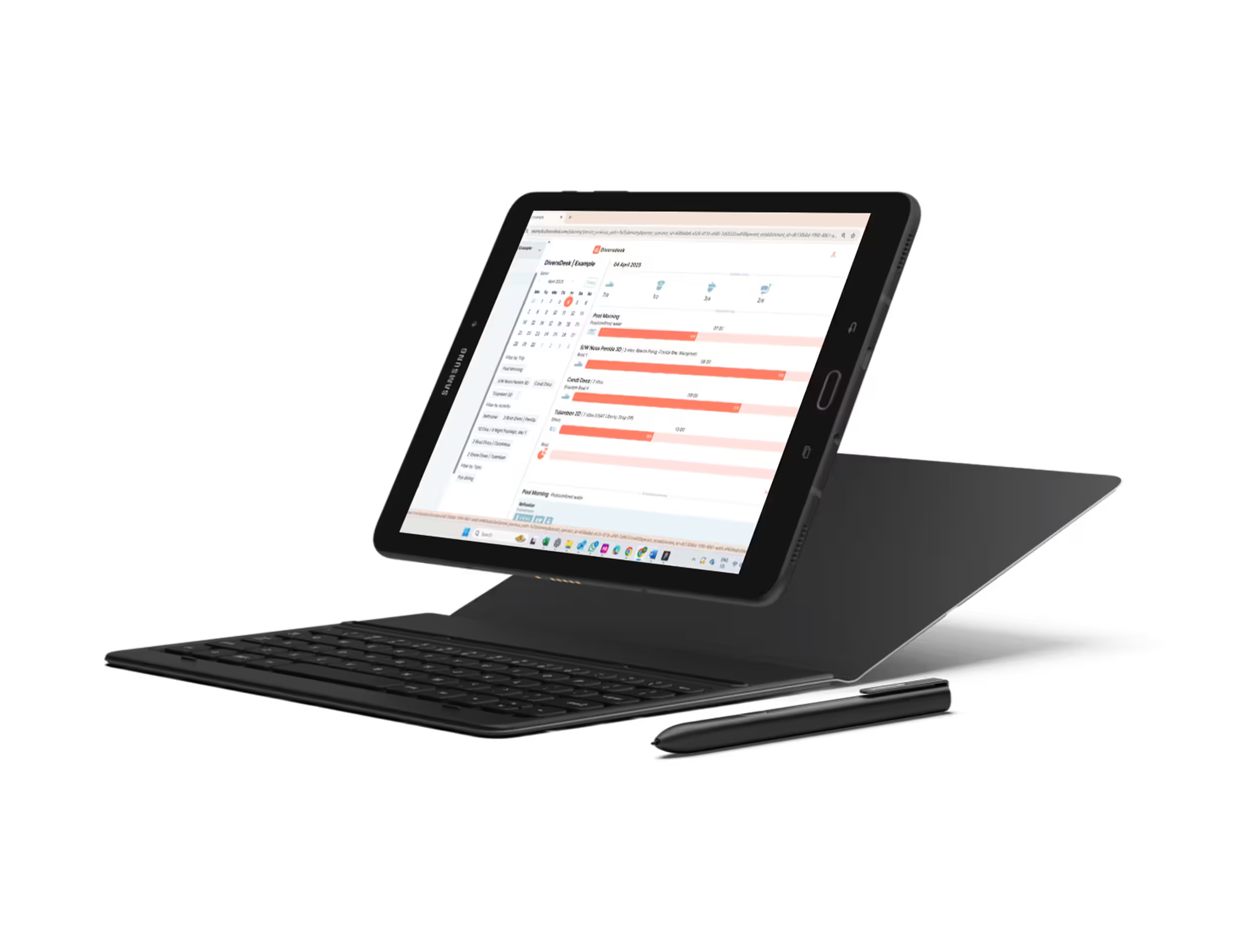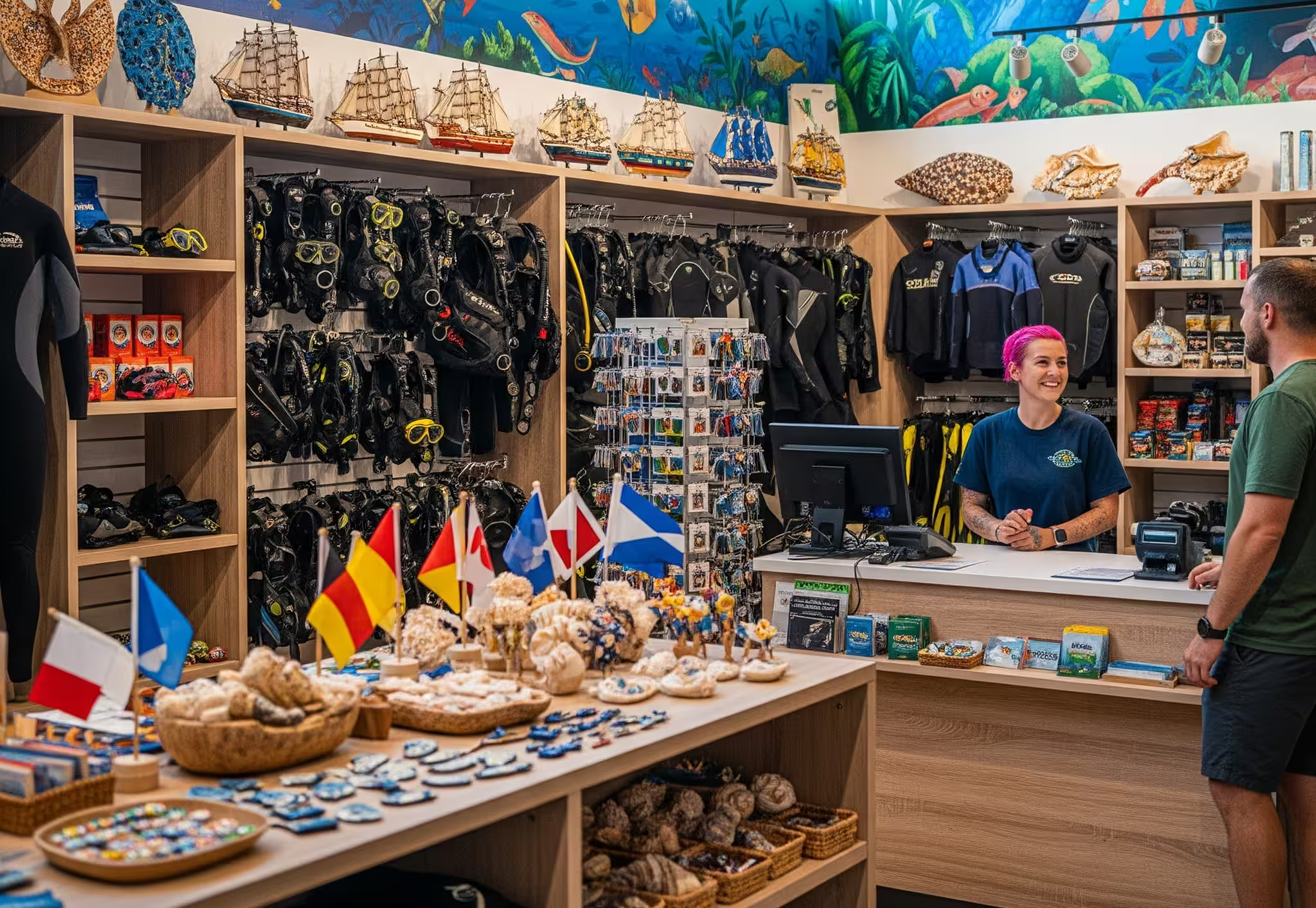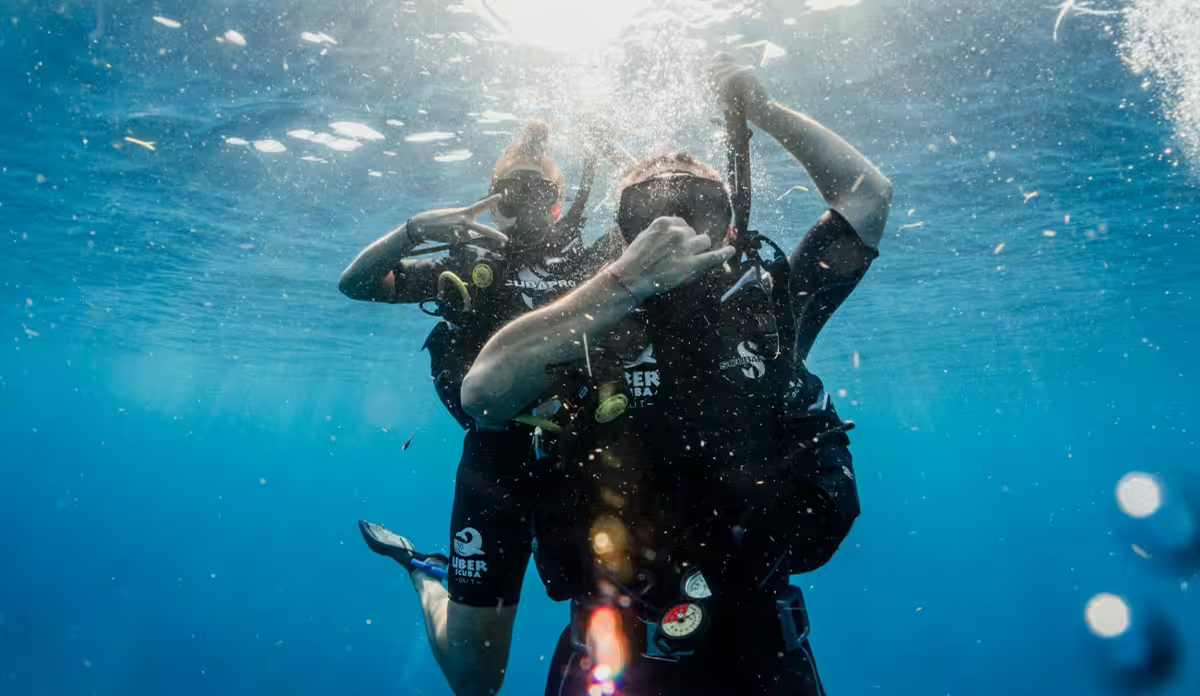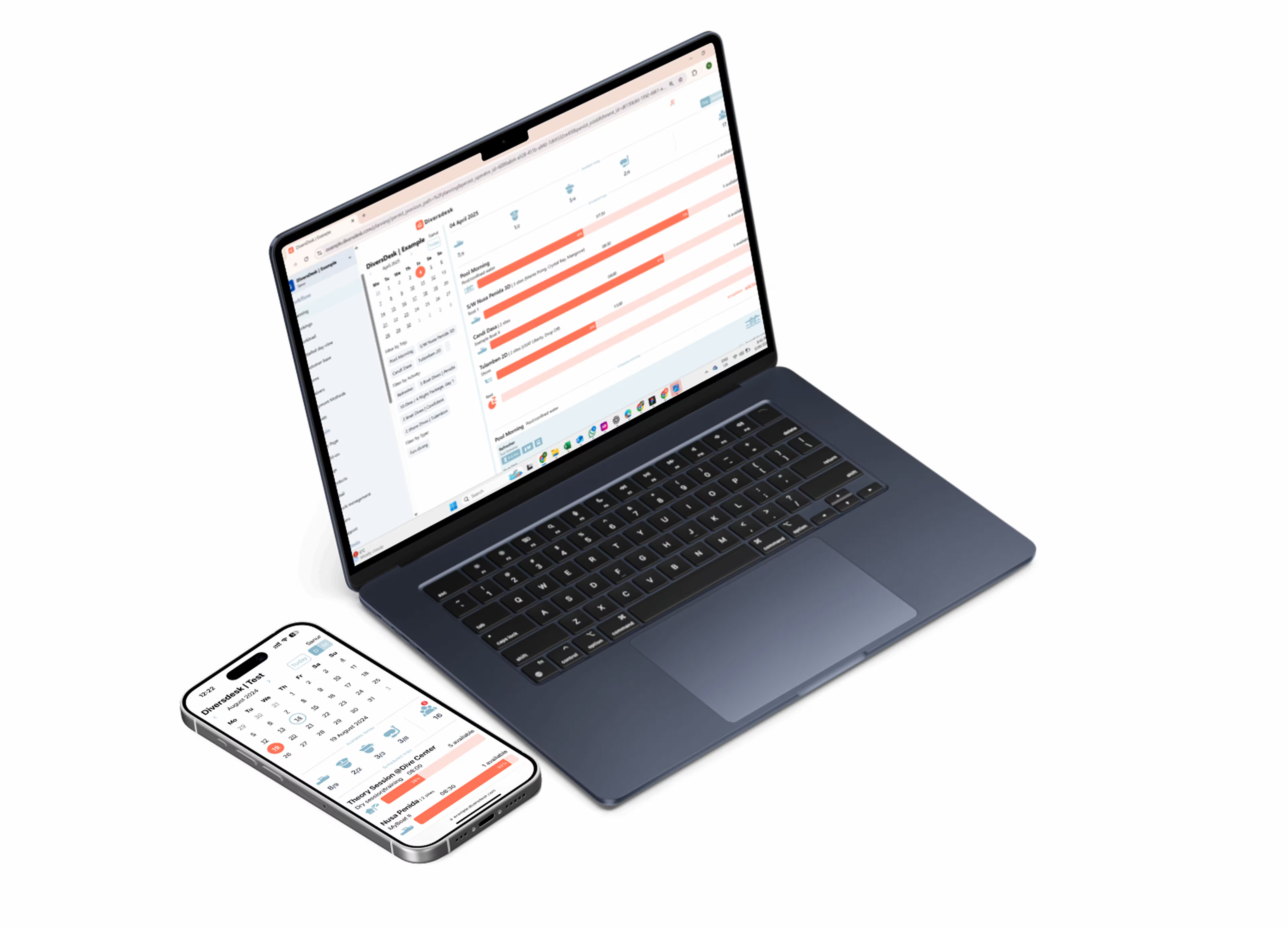Introduction
In my opinion, one of the most important parts of running a successful dive centre is figuring out how to pay your instructors fairly. For dive centre owners and managers, understanding how to calculate and structure instructor salaries isn’t just about numbers. It’s about keeping your team motivated, your business sustainable, and your reputation strong. As mentioned in this article this article, unlike many conventional jobs, a scuba diving instructor's income can vary dramatically, influenced by numerous factors.
So how do you build something that works for both your team and your bottom line? This guide breaks down the common salary models, what influences instructor earnings, and what smart dive centres are doing to find the right balance.
Salary Models That Actually Work
Let’s look at the main ways dive centres usually pay instructors.
Commission-Based Salary
This model is very common, especially in high-traffic dive destinations. Instructors earn a percentage of the fee for each course or dive they conduct. Usually, that percentage sits around 20 percent, though it can vary depending on the centre and the service provided. (source)
Why it works: During high season, instructors can earn a lot. The more they teach, the more they take home.
What’s tricky: It gets unpredictable in low season. Instructors might struggle with inconsistent income, which can lead to stress or even burnout.
Fixed Salary
This approach is more common in resort-style dive centres or larger operations where staffing is structured and predictable. Instructors are paid a fixed monthly salary, usually falling somewhere between $1,000 and $1,500, depending on the region and cost of living (source)
Why it works: It’s stable. Everyone knows what they’re getting each month.
What’s tricky: It doesn’t reward instructors who go the extra mile or take on extra dives during busy periods. That can lead to resentment if someone’s pulling more weight than others.
Hybrid System
Some dive centres use a mix of fixed salary and commission, which I think is one of the most balanced approaches out there. Instructors receive a base salary that covers their regular presence at the centre and general duties, and on top of that, they earn commission for every course they teach or every student they bring in. Some places also include bonuses for equipment sales or upsells. It gives instructors a steady paycheck, while also offering the chance to boost their income when business picks up.
Why it works: It balances stability with opportunity.
What’s tricky: It needs clear communication and tracking. If not managed well, it can still lead to confusion or disputes.
What Affects Instructor Pay (and What You Should Consider)
Even with a set model, there are things that can swing an instructor’s pay significantly. These are worth keeping in mind when building your system.
- Certifications and Experience: Instructors who can teach specialty courses, handle advanced divers, or run programs independently are way more valuable. They bring more to your business and deserve higher compensation.
- Sales and Upselling Skills: Some centres give commission on gear or course sales. For example, instructors in Malta got 5 percent on gear sales over a certain amount. Others offer 10 percent per course sold. This is a great way to reward those who help grow your revenue.
- Professionalism and Attitude: A good attitude can’t be taught. Instructors who are friendly, helpful, and professional usually get more repeat customers and referrals. They’re also the ones you want leading the team or stepping into management later on.
- Location: Where your dive centre is located matters a lot. High-traffic tourist spots like Koh Tao or the Gili Islands mean more beginner divers, which translates into more courses and higher earning potential. Remote or advanced dive spots might attract fewer students and more experienced divers, which changes the income model completely.
- Extra Skills: Instructors who can help with equipment maintenance, marketing, social media, or website updates bring extra value. Some even teach yoga or do freelance gigs on the side. These added skills should be factored into their value to your team.
- Your Business Model: How your dive centre makes money affects what you can afford to pay. Dive centres usually rely on a mix of certification courses, equipment rentals, retail sales, local partnerships, and sometimes repair services. The better you understand your revenue streams, the easier it is to plan realistic and competitive wages.
How Diversdesk Can Help Simplify Wage Tracking
In my opinion, even if you’ve already chosen a salary model and figured out what factors matter most, the real challenge is tracking everything without losing your mind. I’ve seen too many dive centres try to handle this with spreadsheets, handwritten notes, or just memory. It usually ends in confusion. That’s why I think using a tool like Diversdesk makes a big difference.
There’s a page in the system called Workload and I believe this will be a livesaver. It shows exactly how many activities each instructor or divemaster has done. Whether it’s fun dives, or courses, it’s all recorded and easy to see. No need to guess. No digging through booking history.
What makes it even better is the tank usage tracking. If you calculate wages based on how many tanks were used, this makes it simple. You just set the rate per tank or per dive, and the numbers are already there. You can filter by date, check the summary for each staff member, and even export it if needed.
In my view, this kind of feature is exactly what dive centres need. It builds trust with your team because everything is transparent. And it saves time for you, so you can focus more on the diving side of the business.
If you want to see how it works in action, check out the quick walkthrough video we made. It shows the workload page, tank tracking, and how you can use it to calculate staff pay with just a few clicks.
Final Thoughts
In my view, figuring out instructor pay isn’t just a behind-the-scenes admin task. It’s one of the foundations of a healthy dive centre. When your team knows exactly how they’re getting paid and feels like the system is fair, everything runs better. The vibe is better. The work gets done with more energy. And guests can feel it too.
I think there’s no one perfect model that works for every business. What matters is finding what makes sense for your team, your location, and your goals. Some centres need the flexibility of commissions. Others thrive with fixed salaries. Many are starting to land somewhere in the middle with hybrid systems. Whichever way you go, the key is clarity. Make sure people understand how the system works and that it reflects the effort they put in.
And if tracking it all feels like a lot of works, you’re not alone. That’s where Diversdesk really helps. The workload tracking and tank count features let you turn daily dive activity into clear numbers. It gives you and your staff something solid to rely on.
At the end of the day, paying your team fairly and transparently is one of the best investments you can make. It’s good for morale, good for retention, and good for business. When your instructors feel supported, they teach better, they sell more, and they stick around longer. And that’s what keeps your dive centre growing strong.


